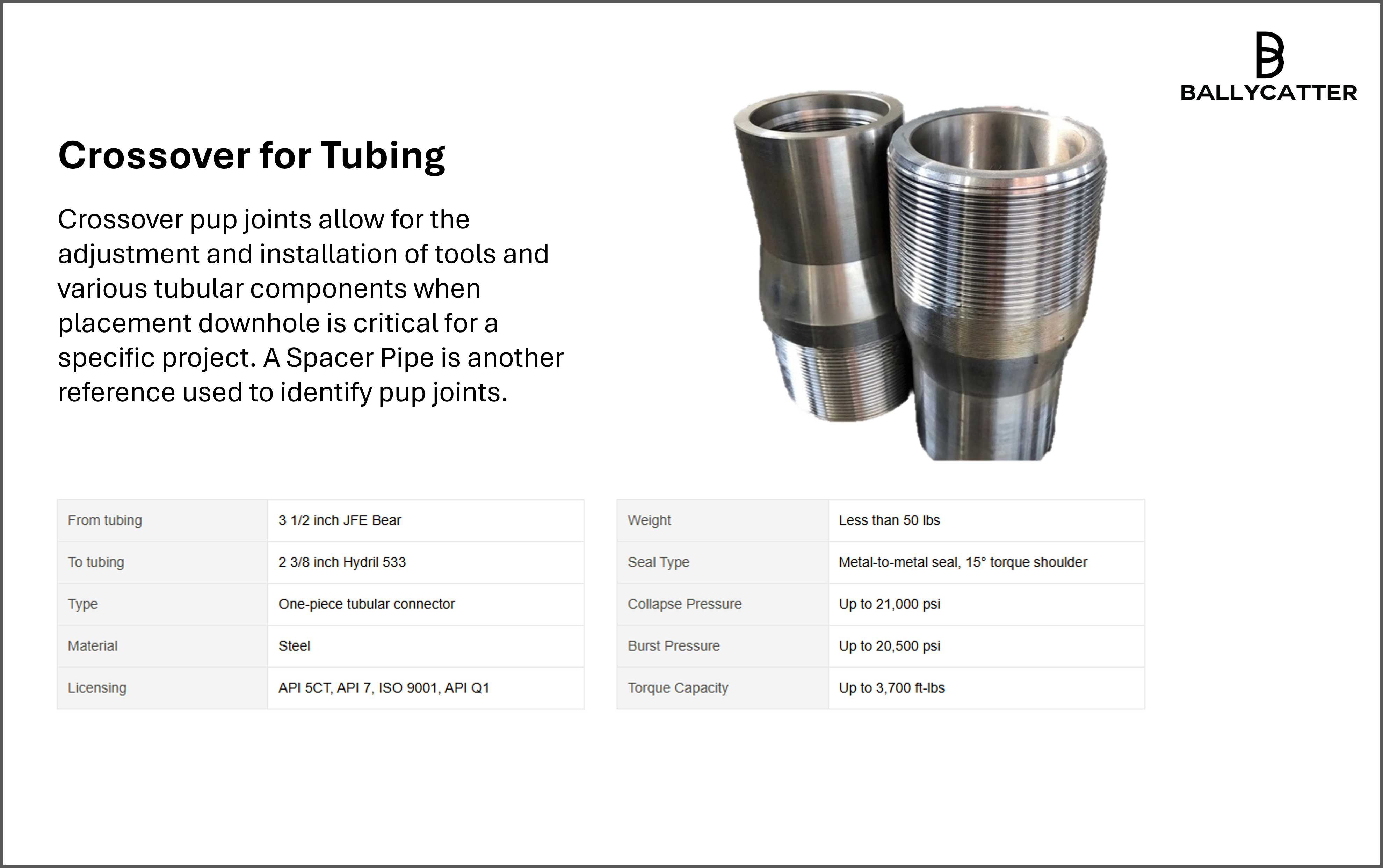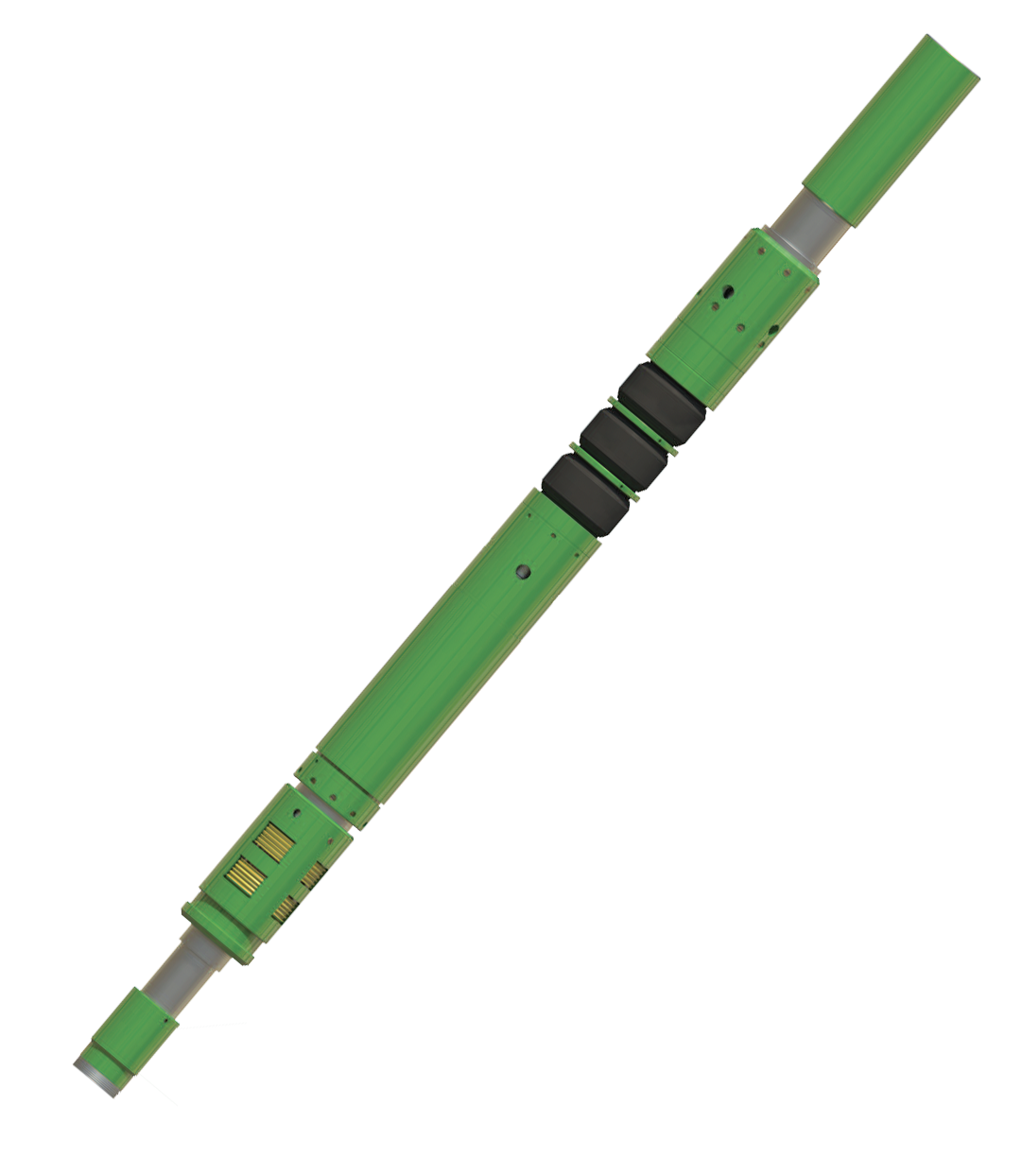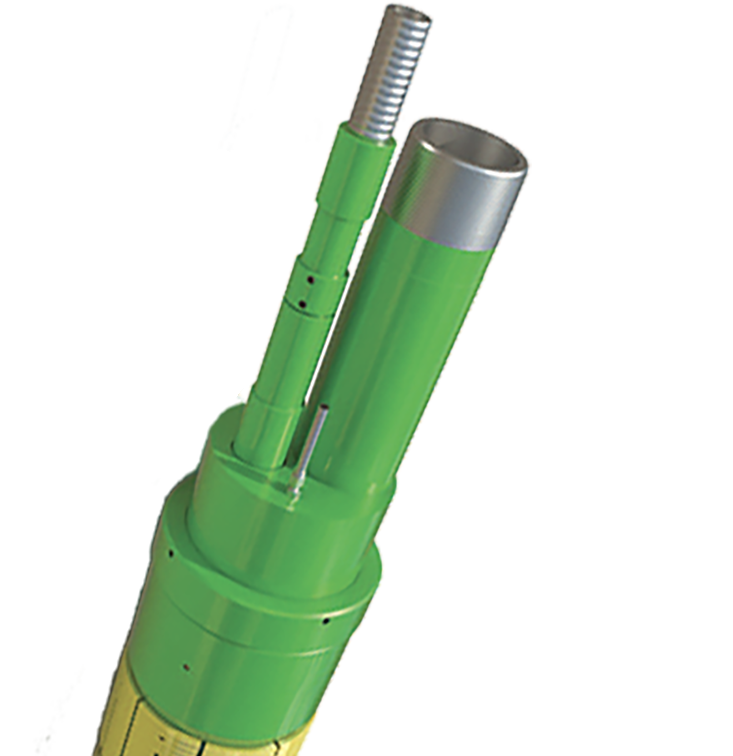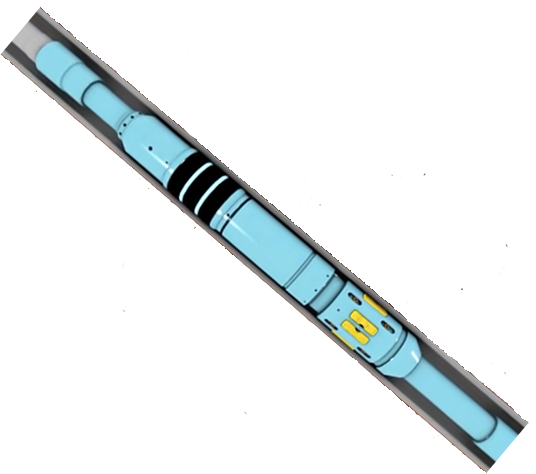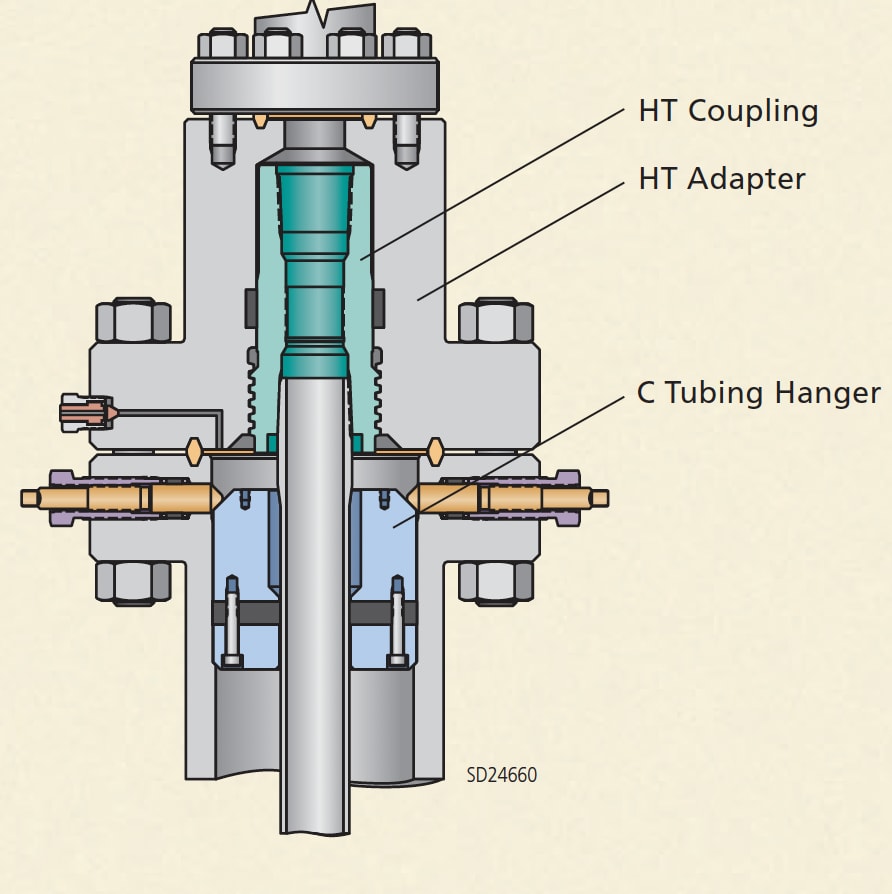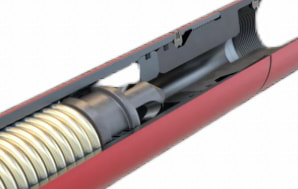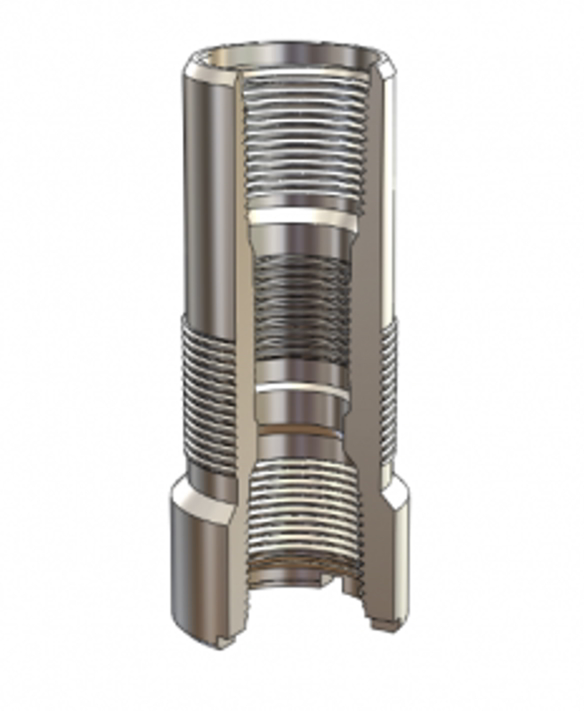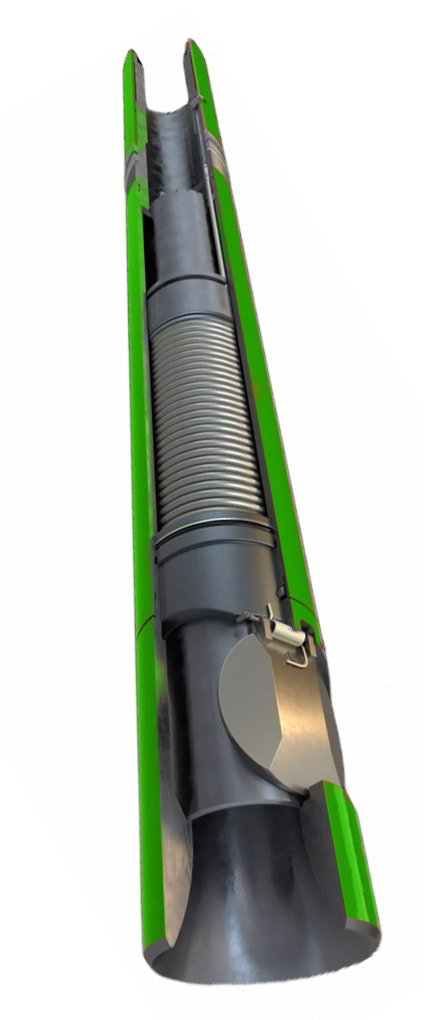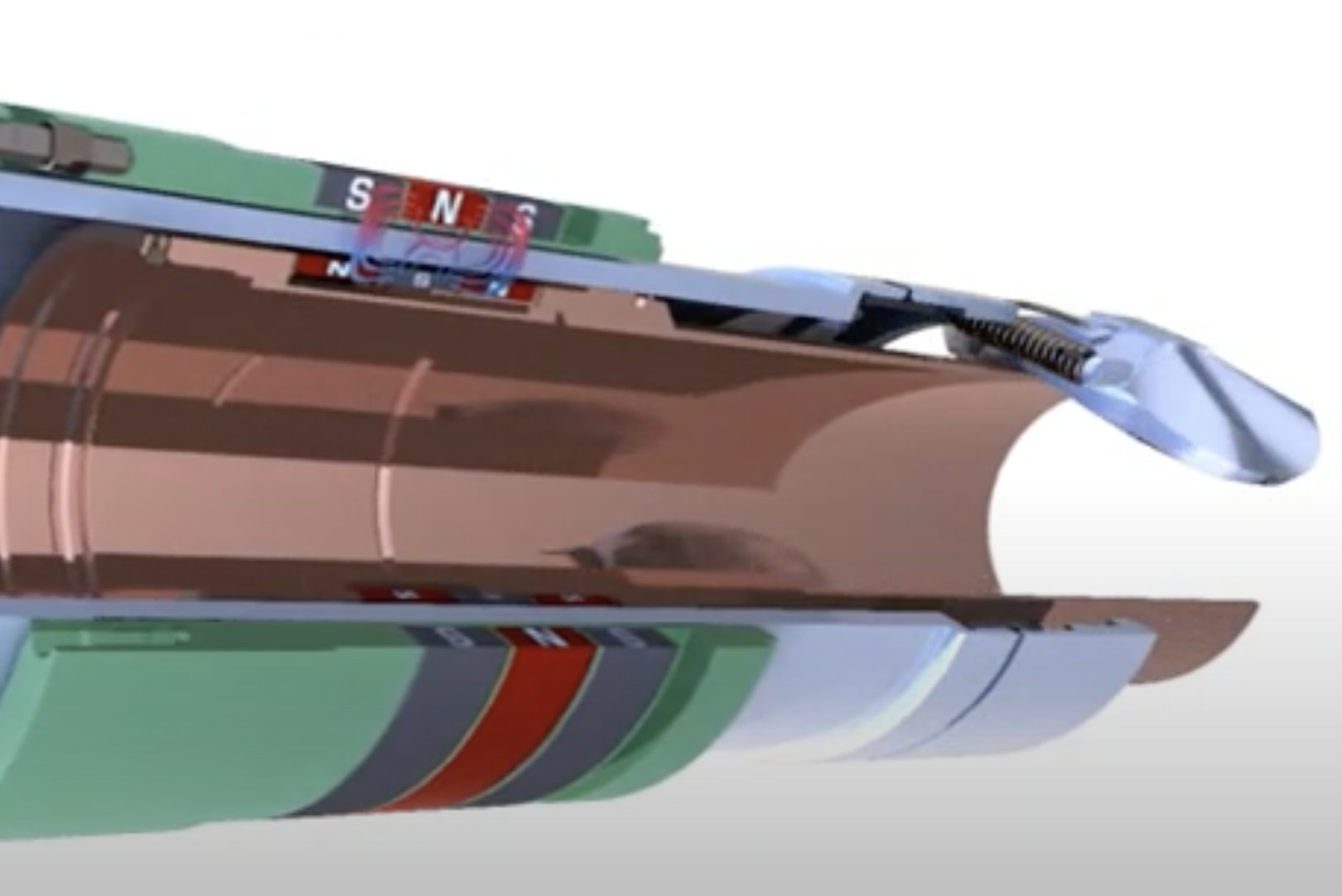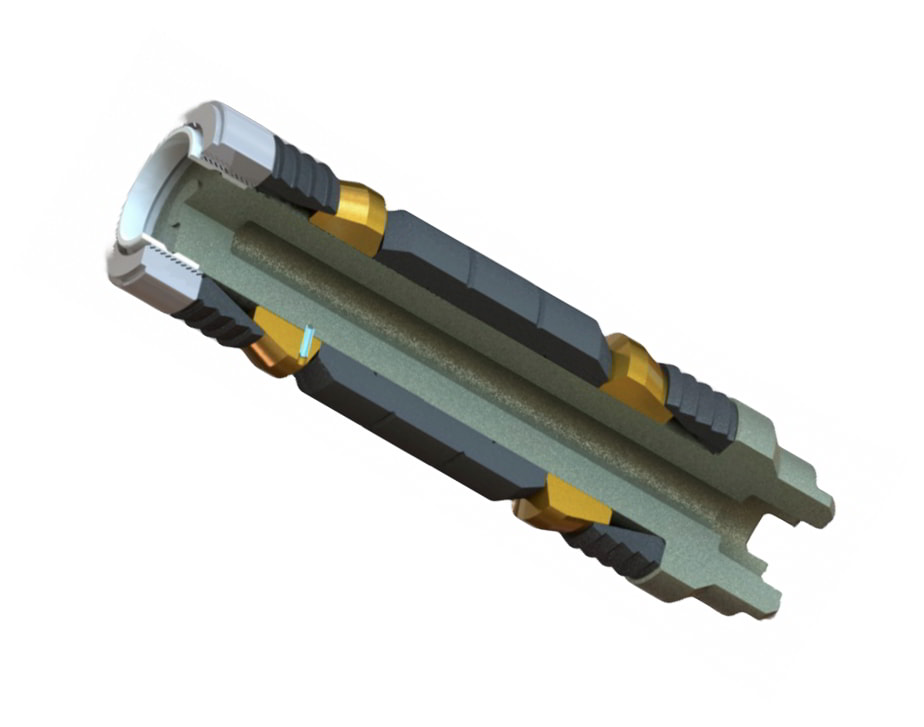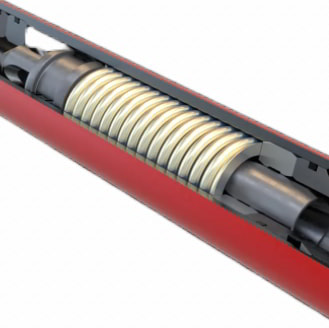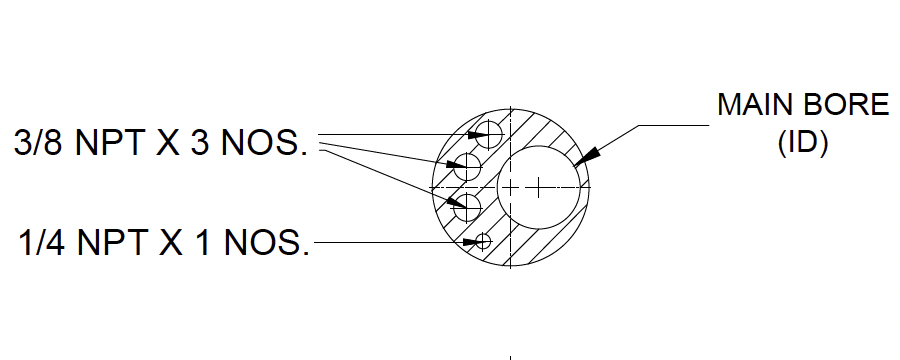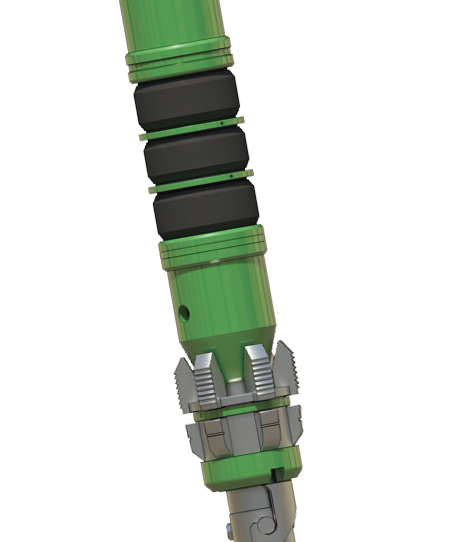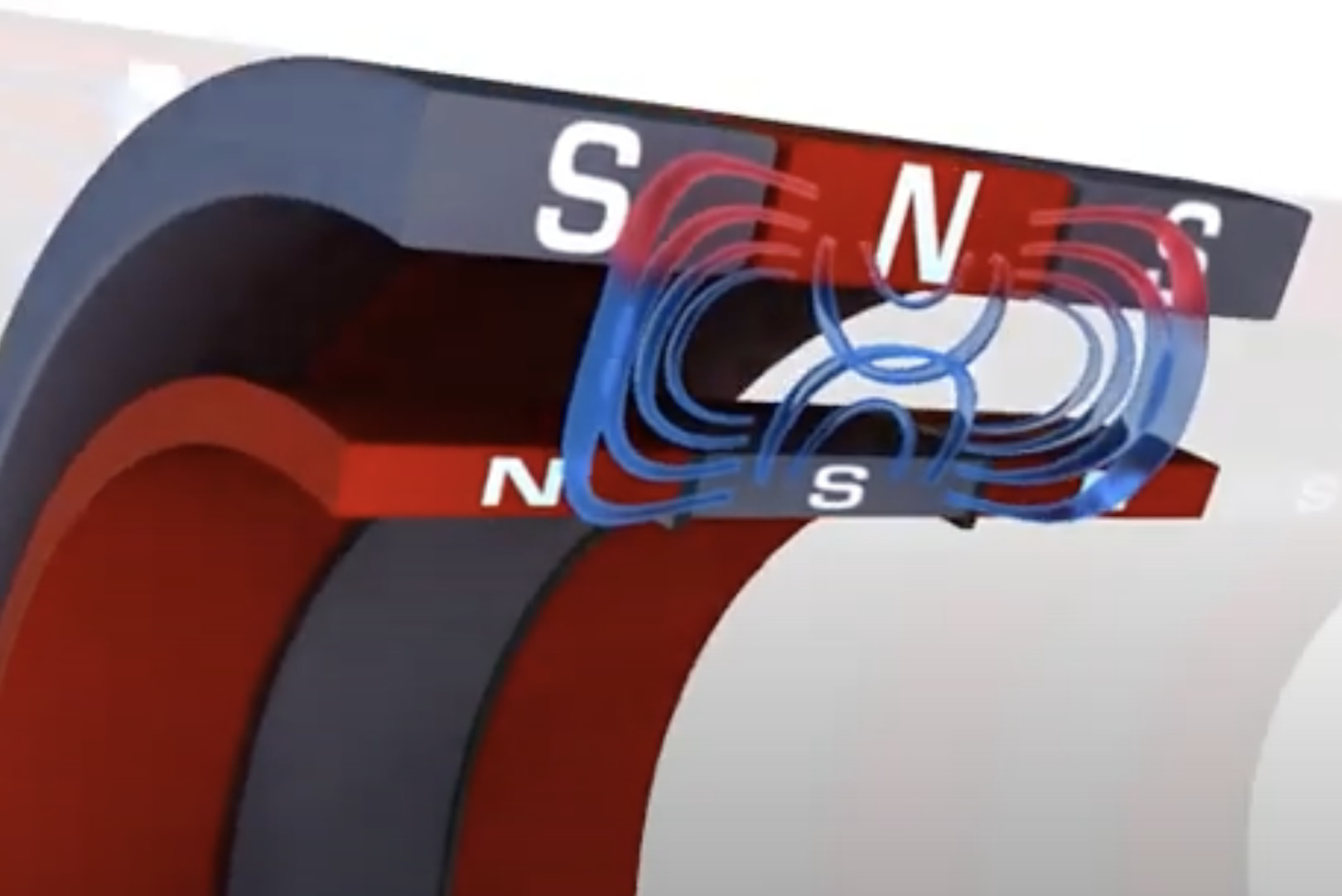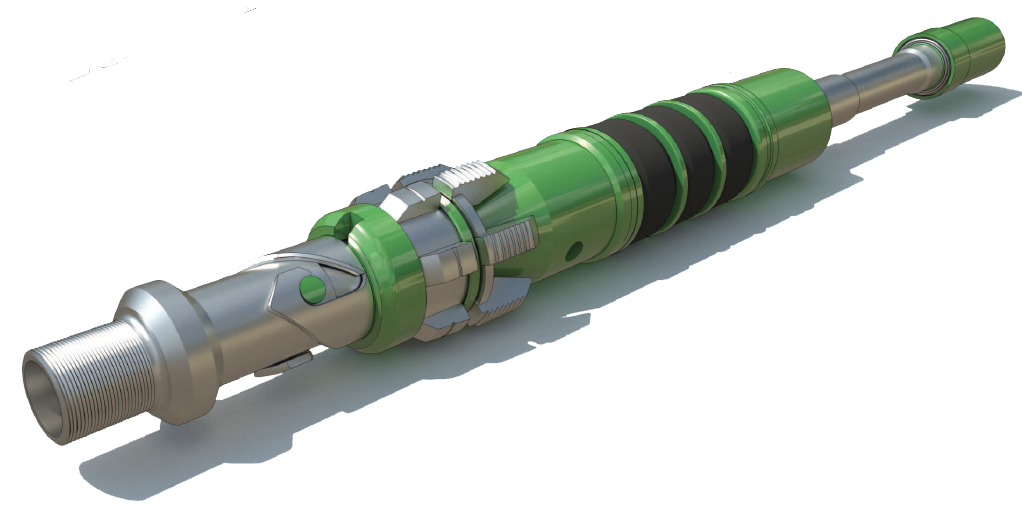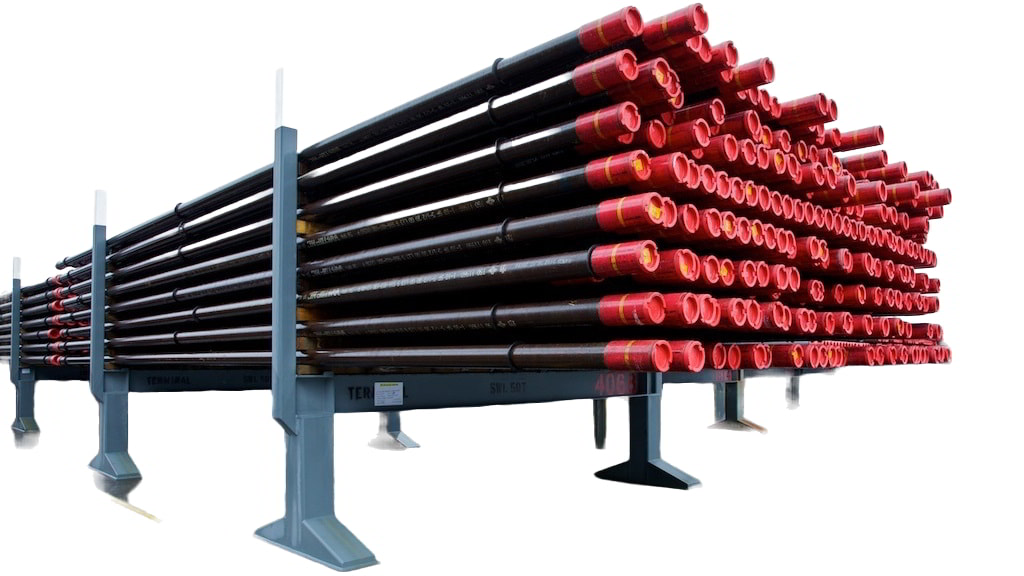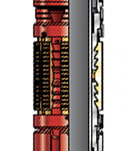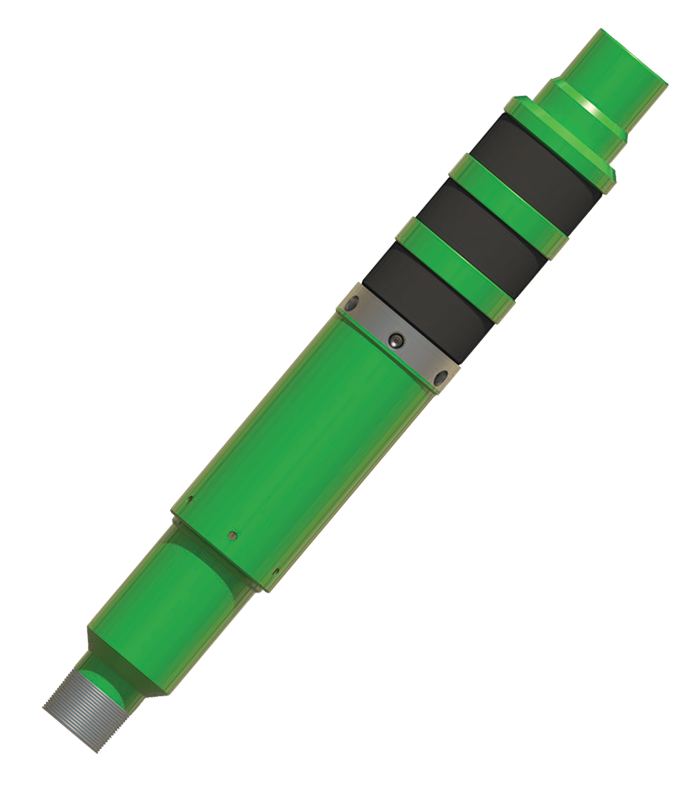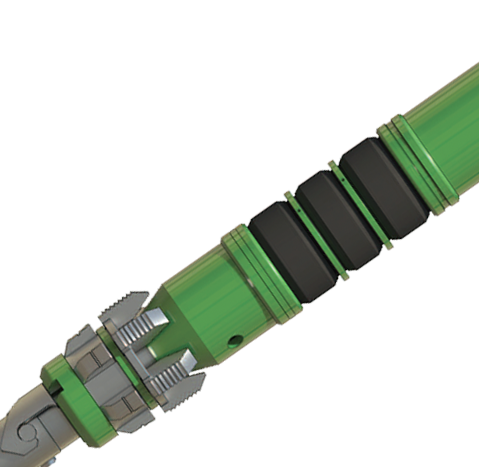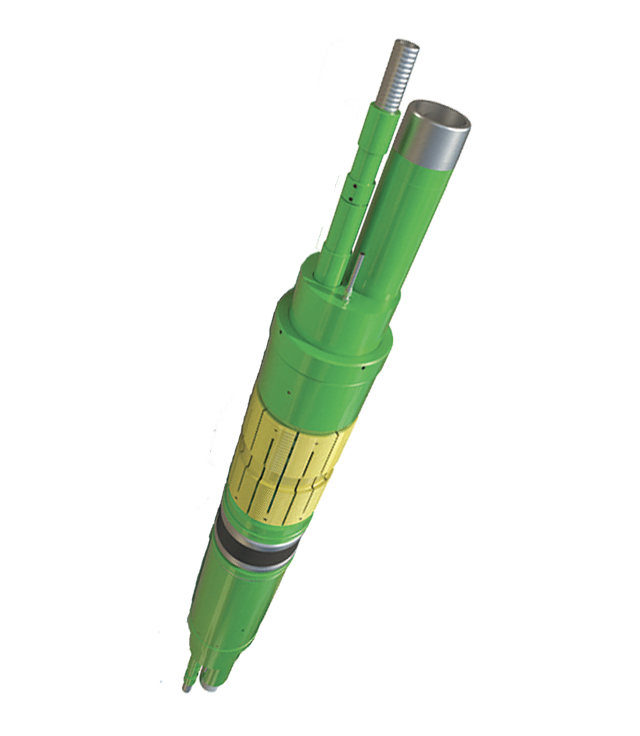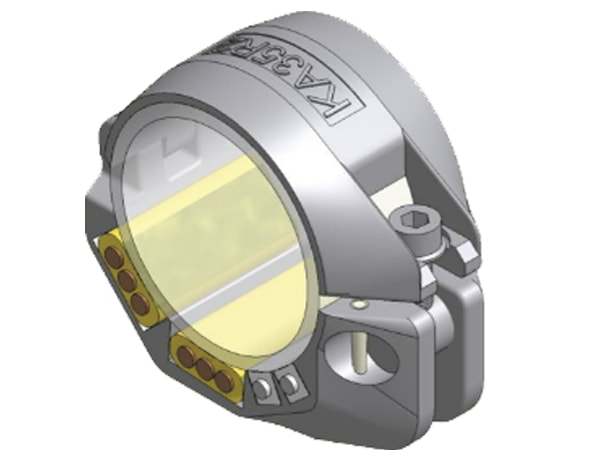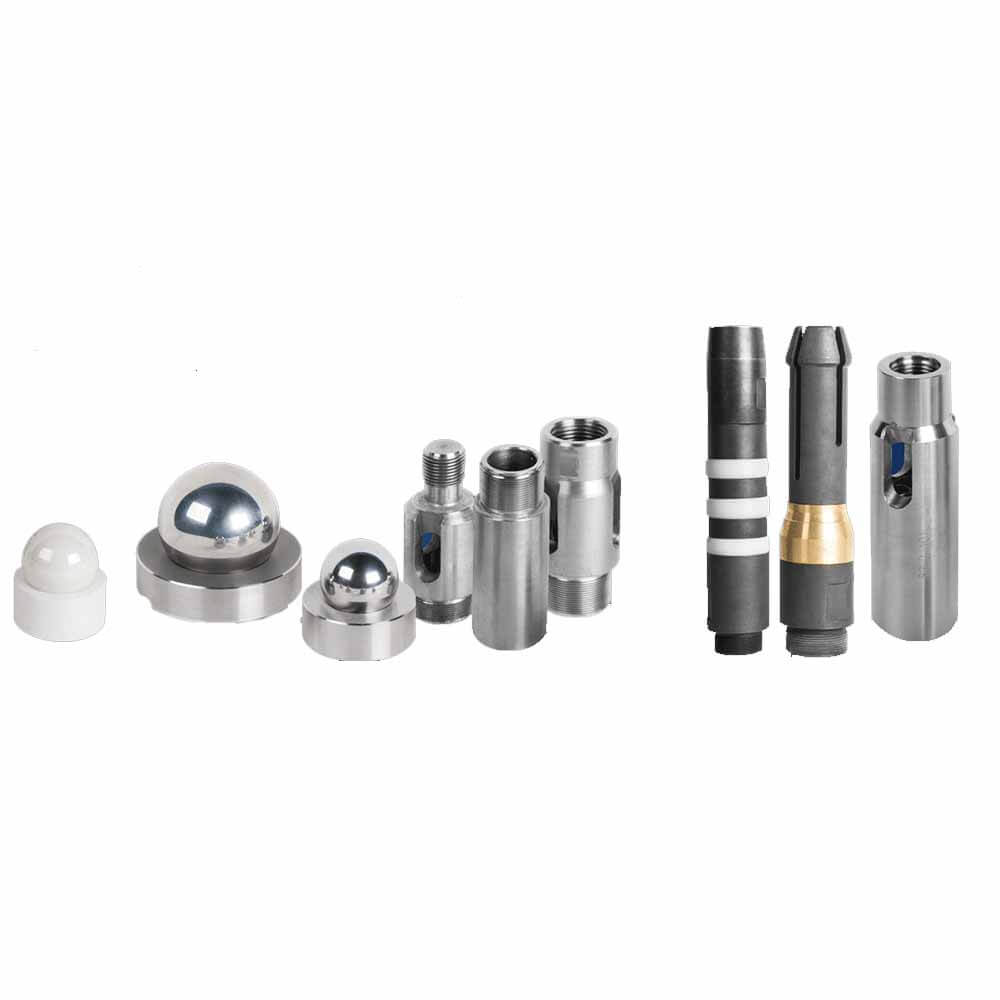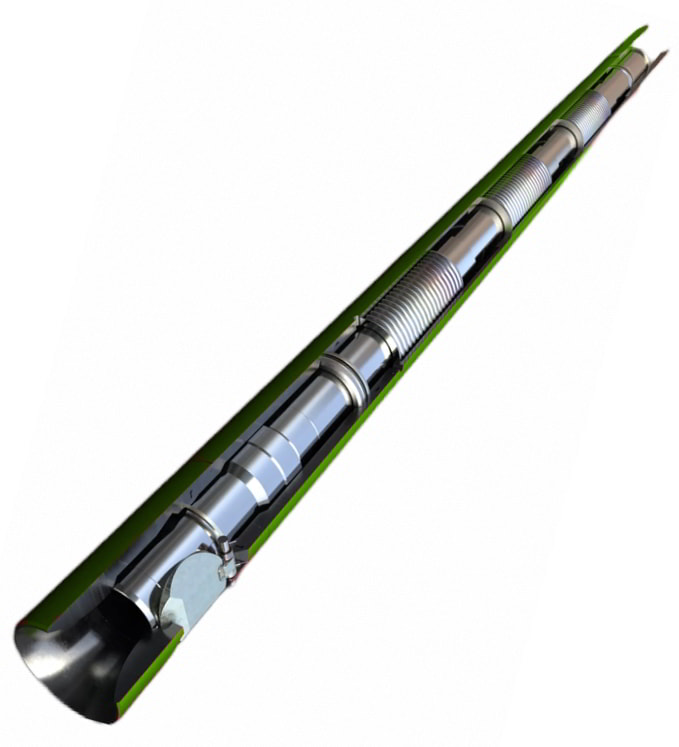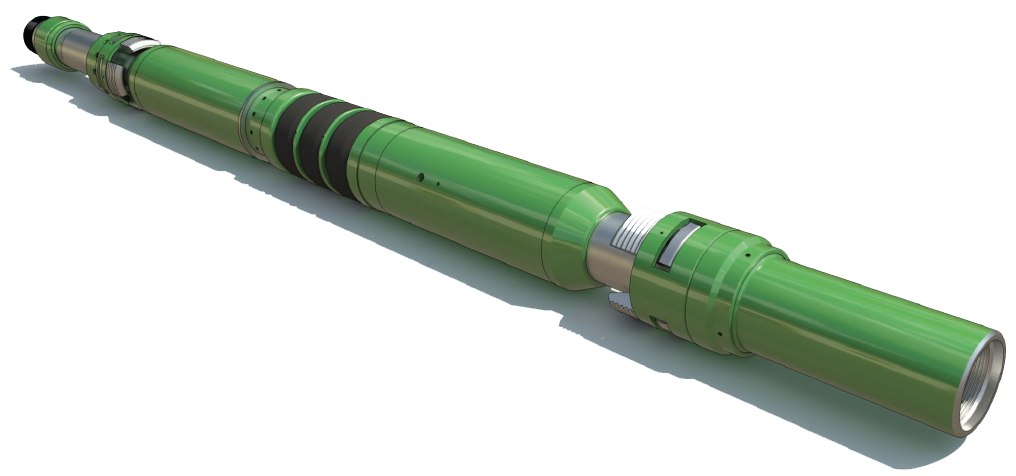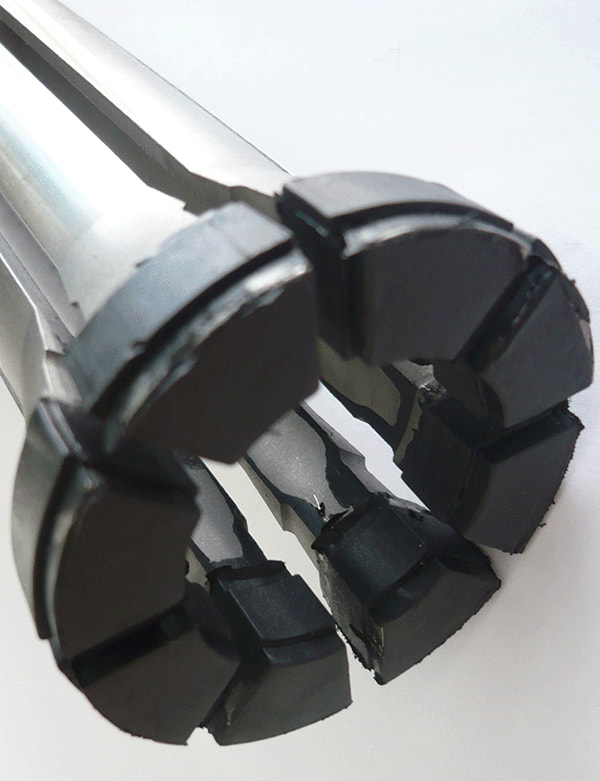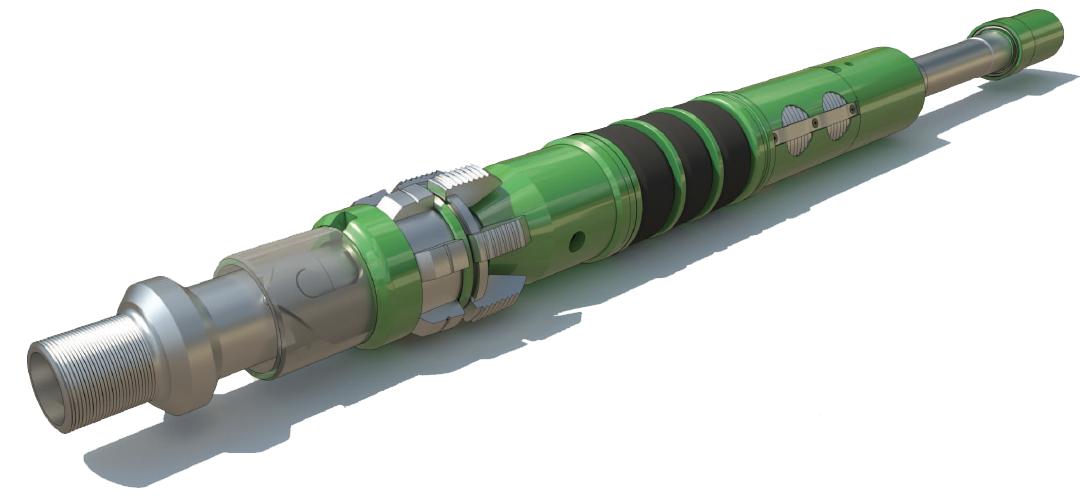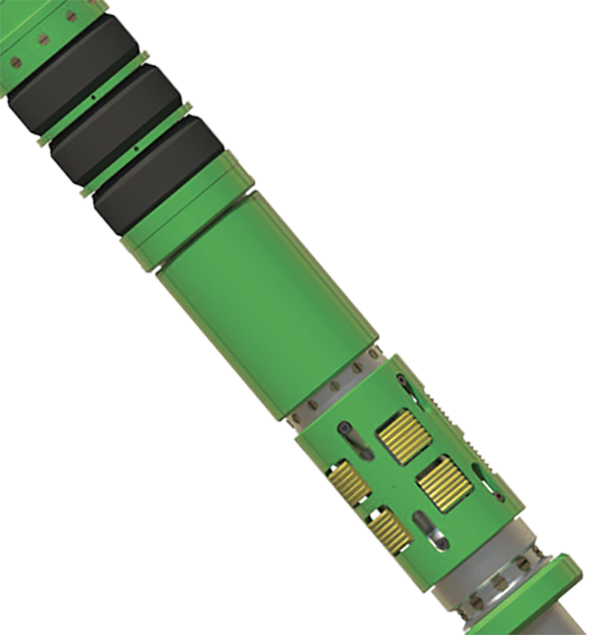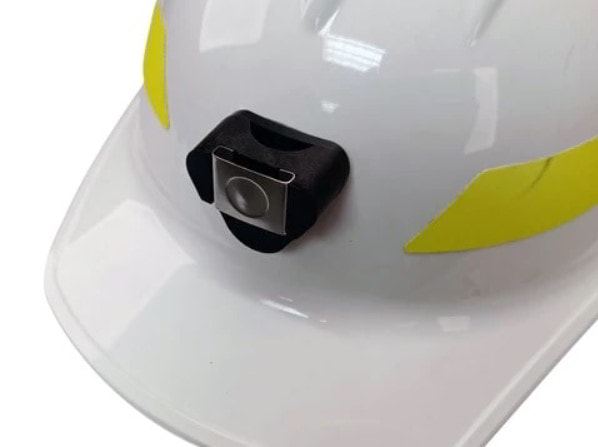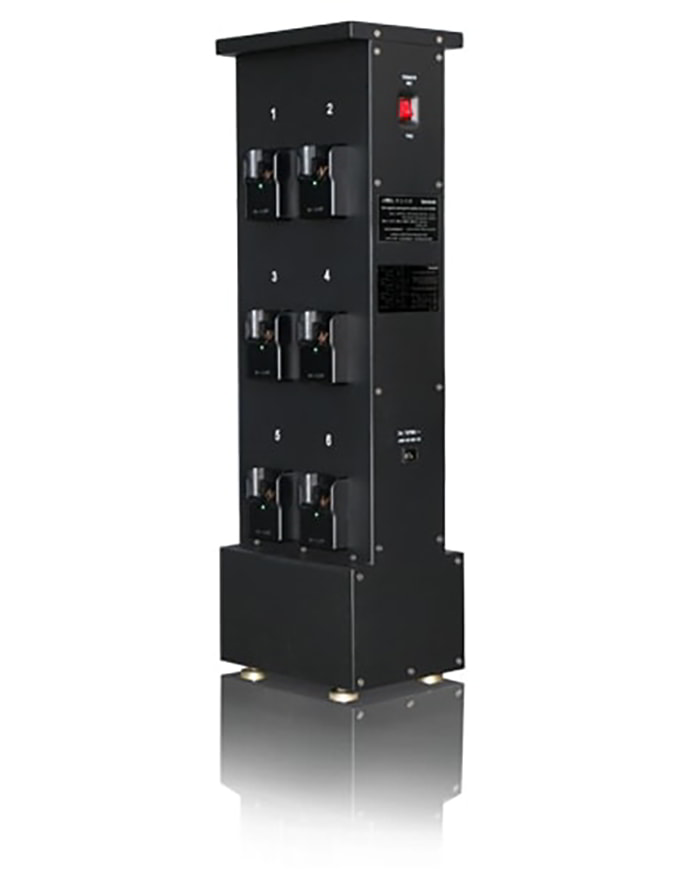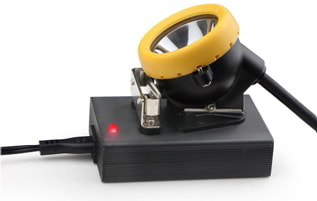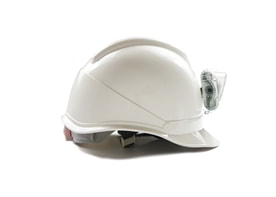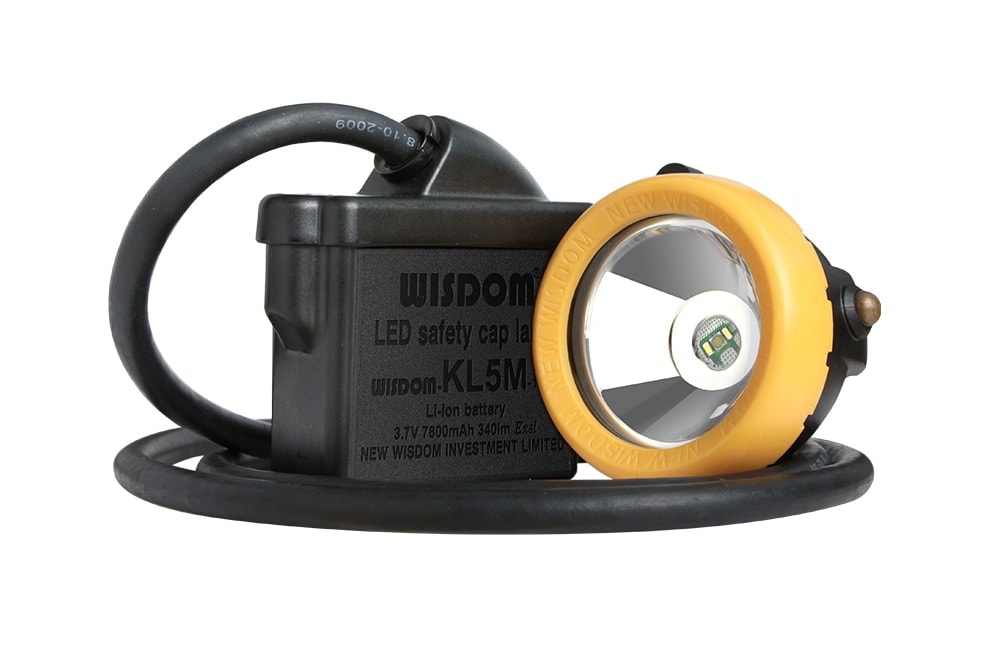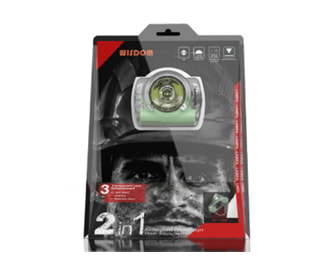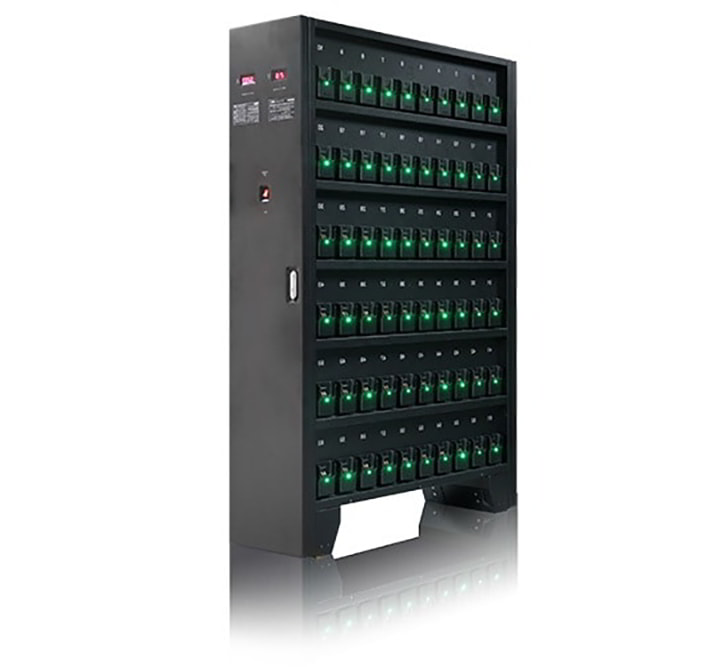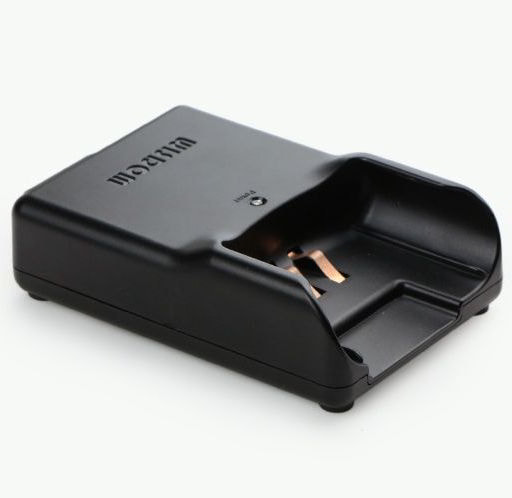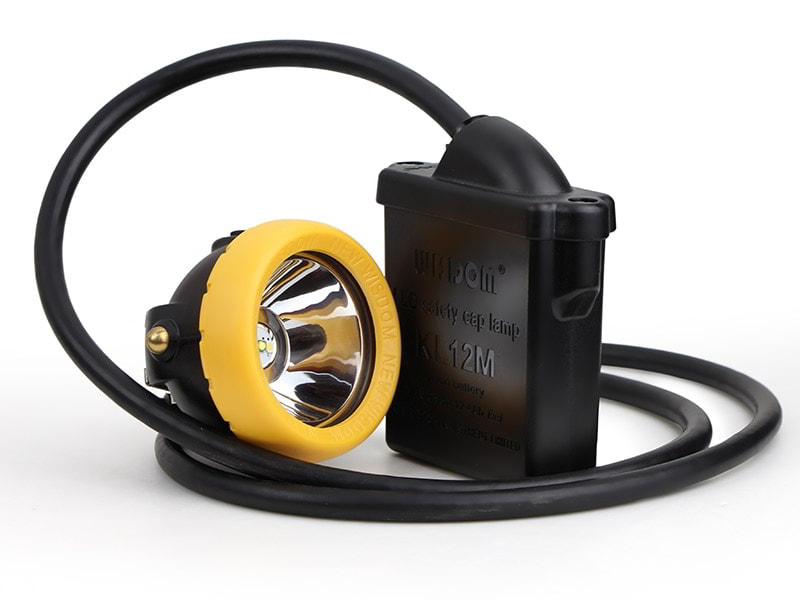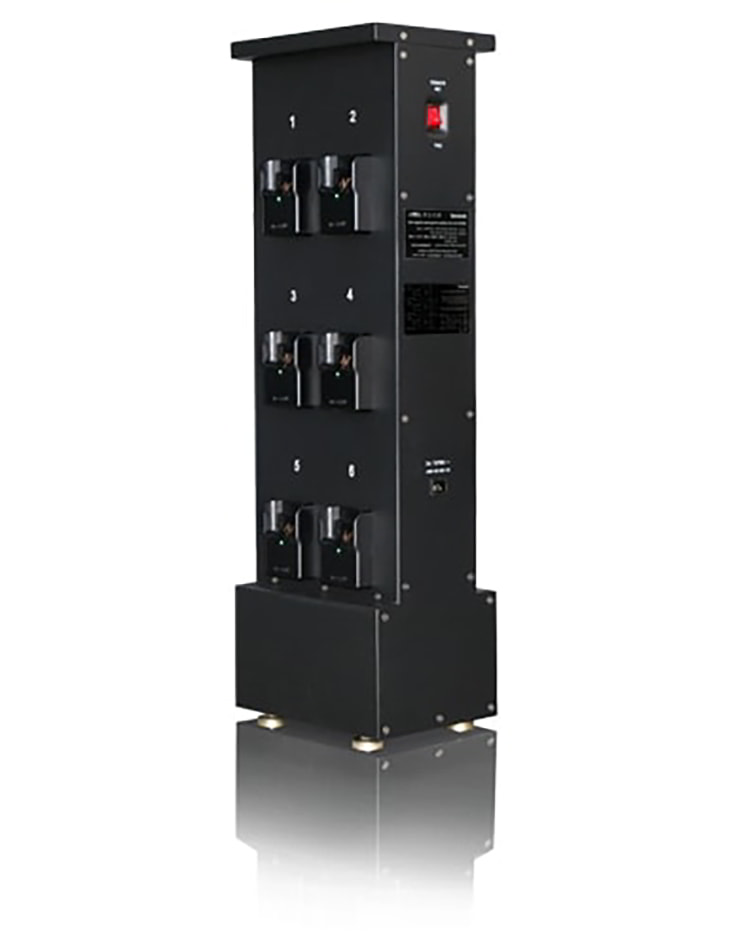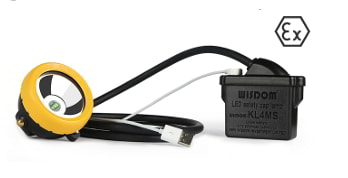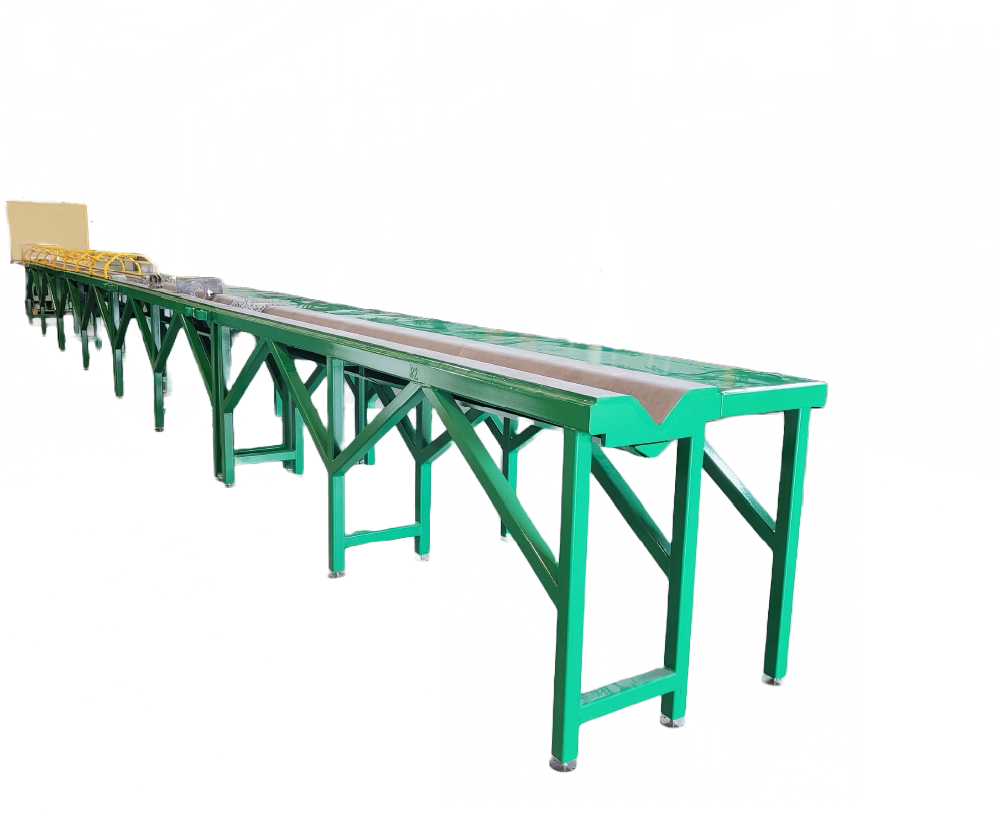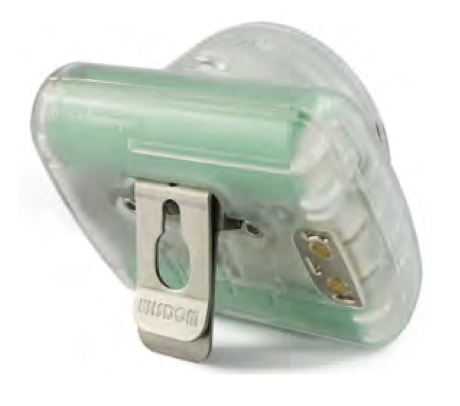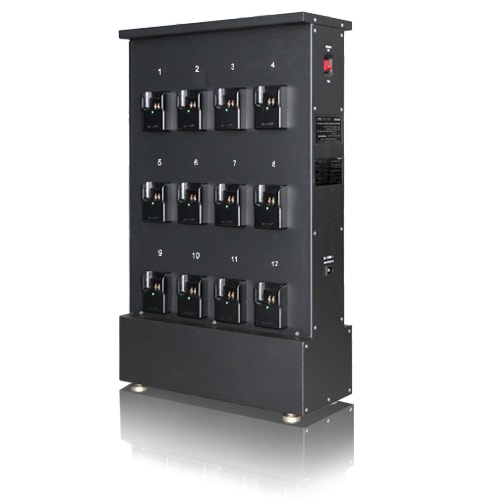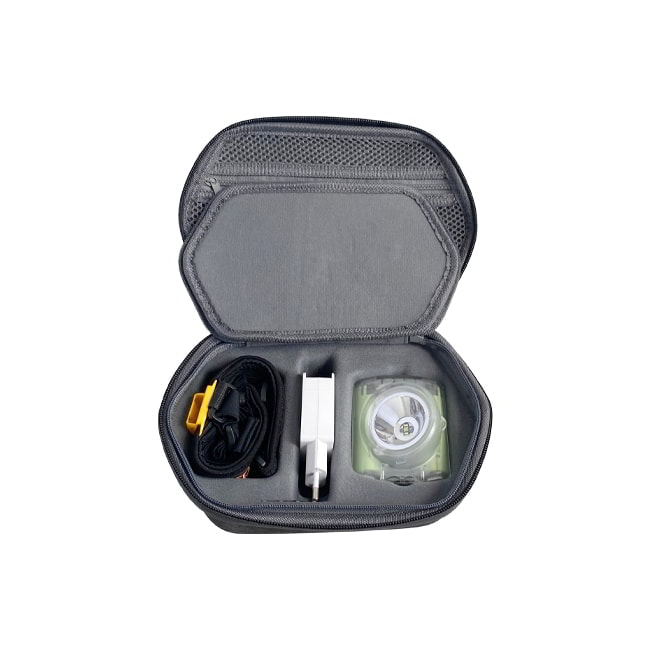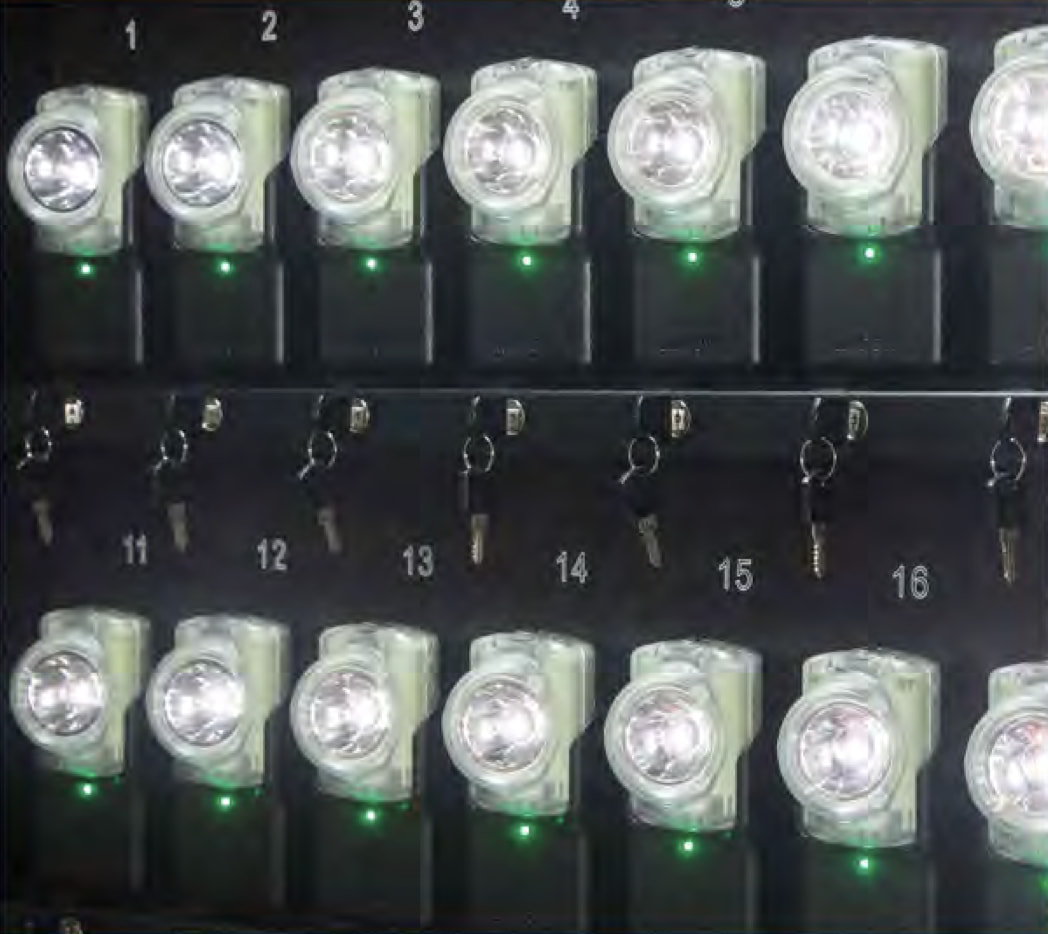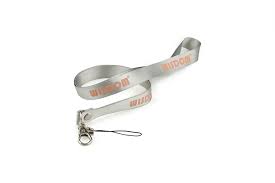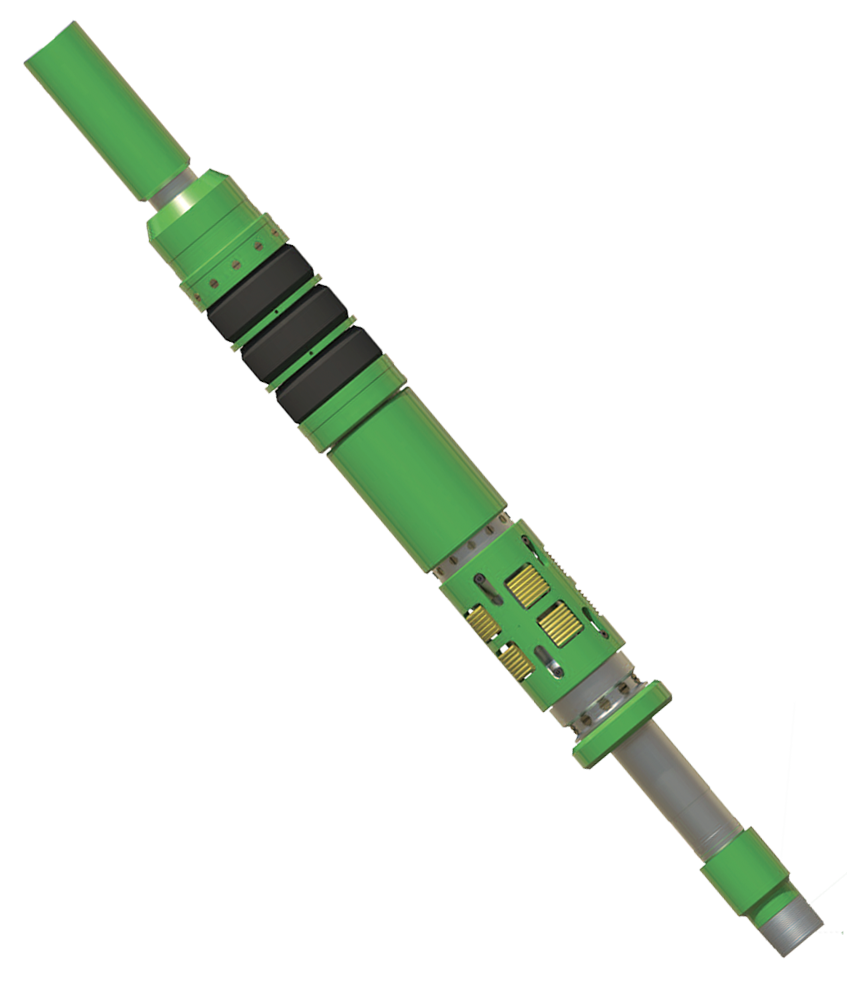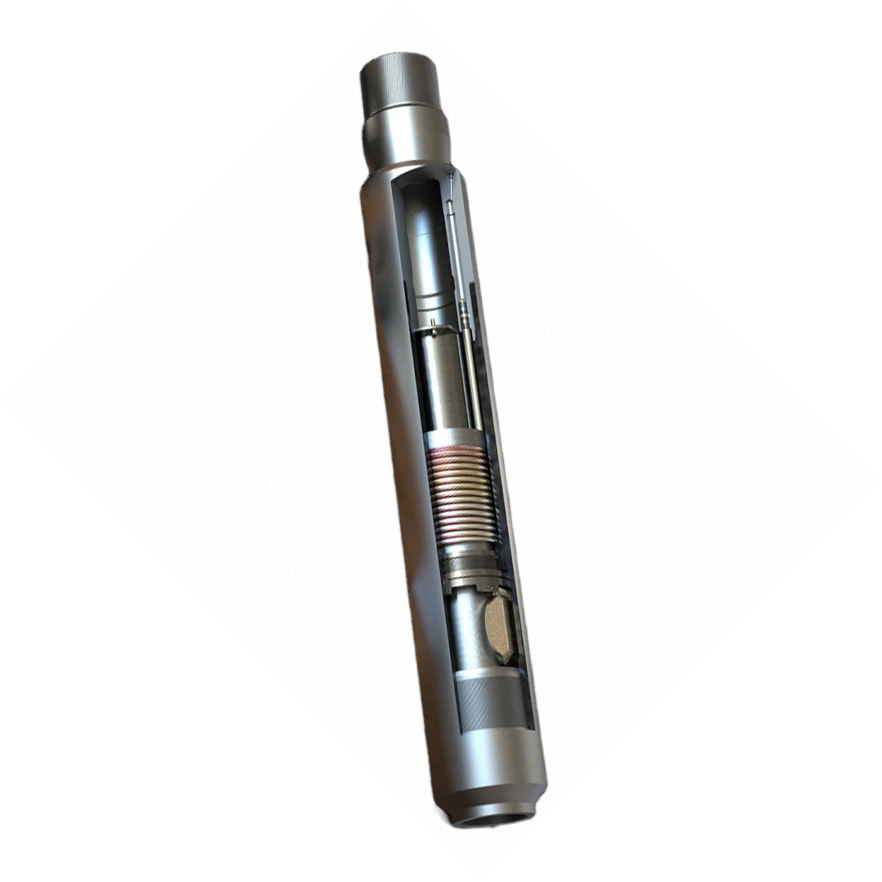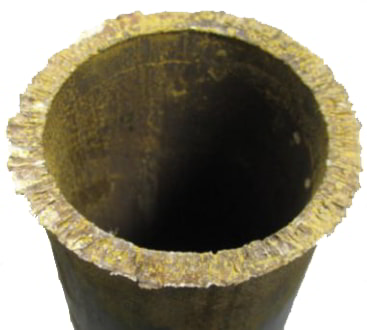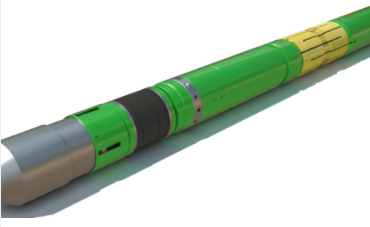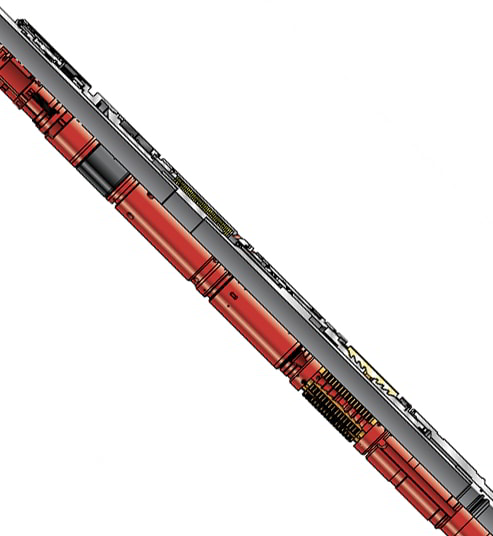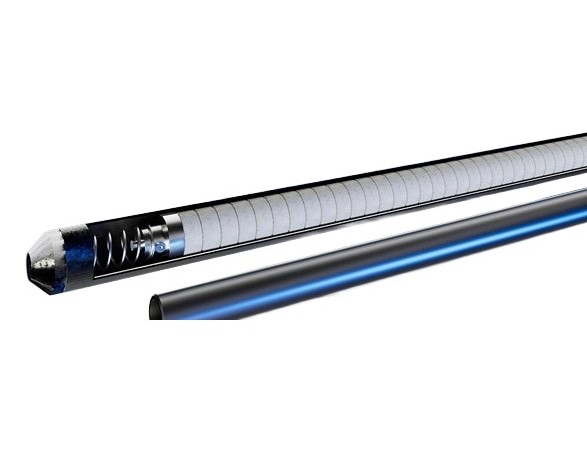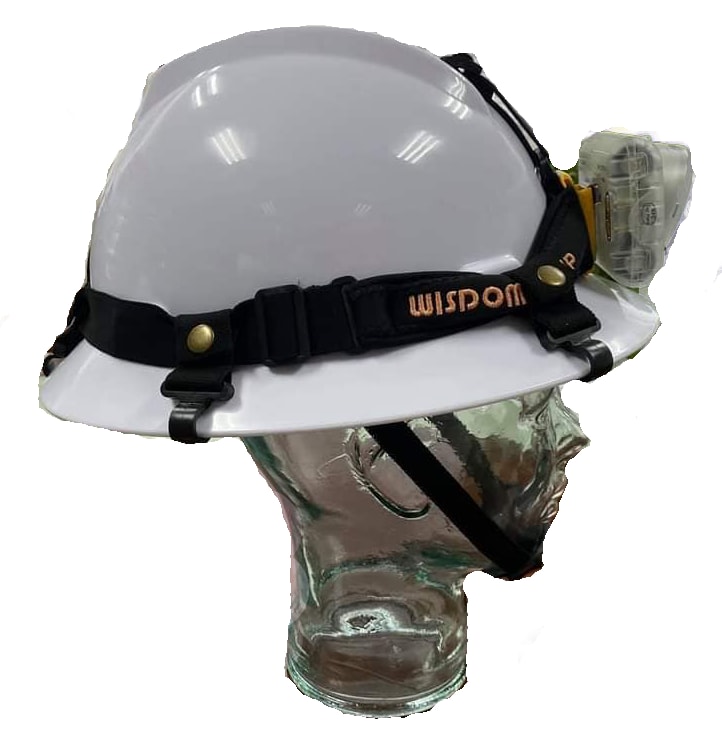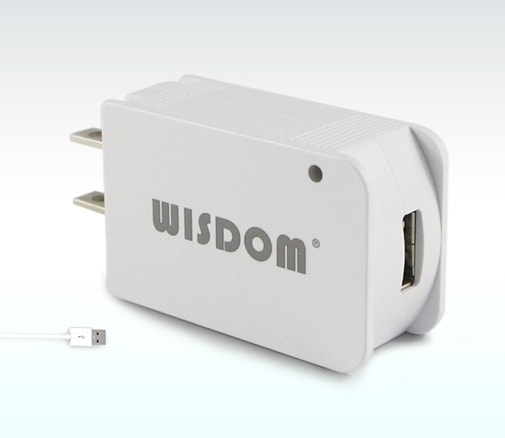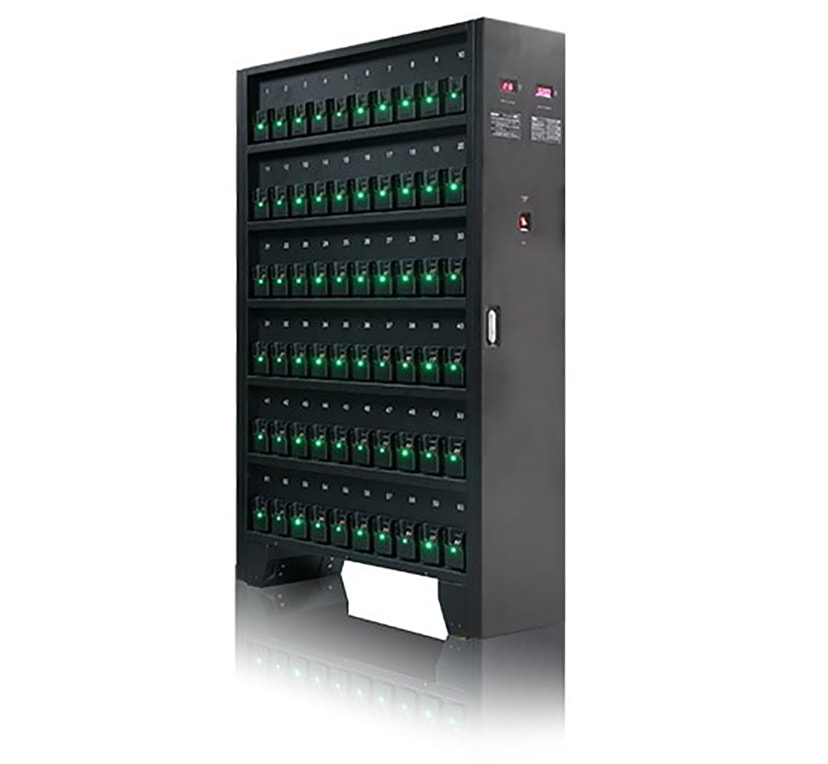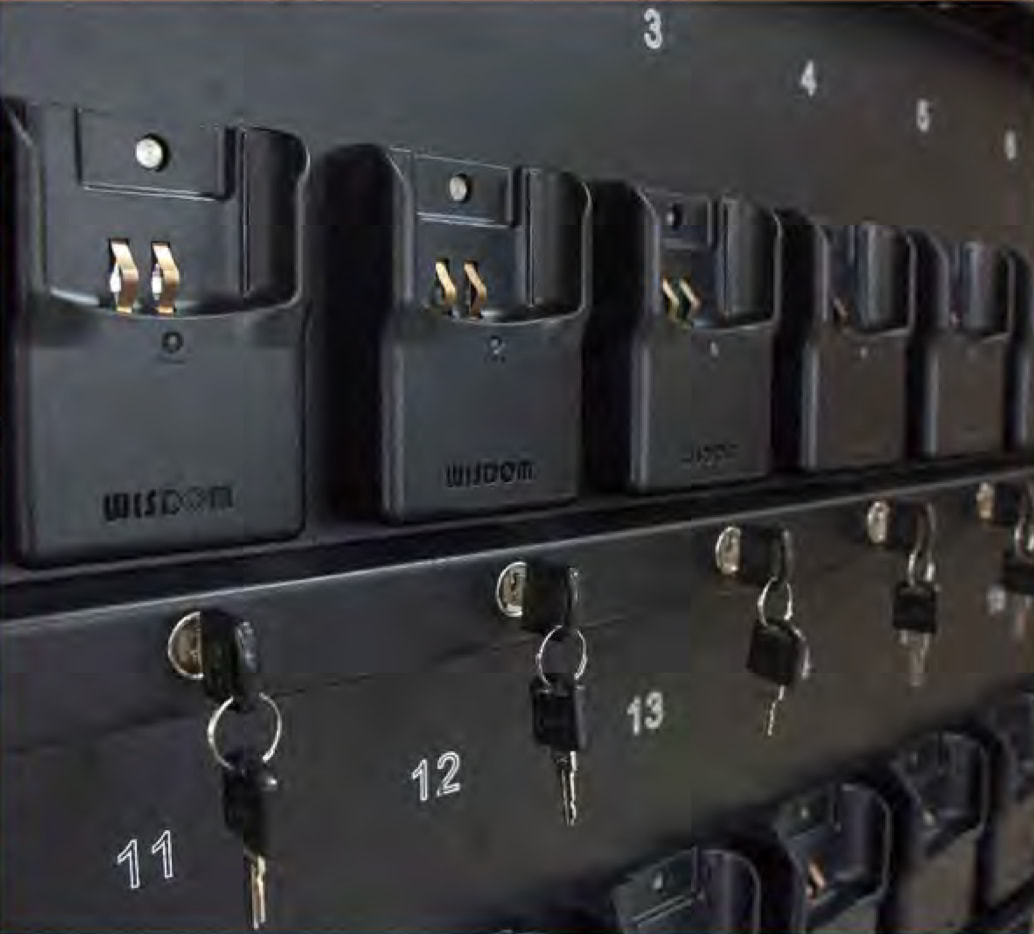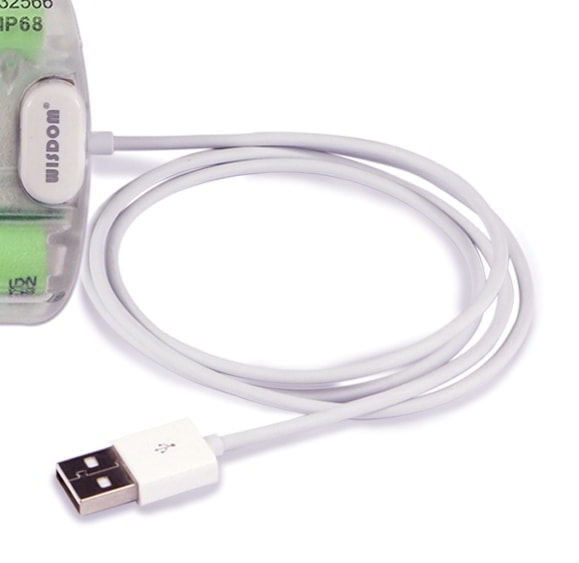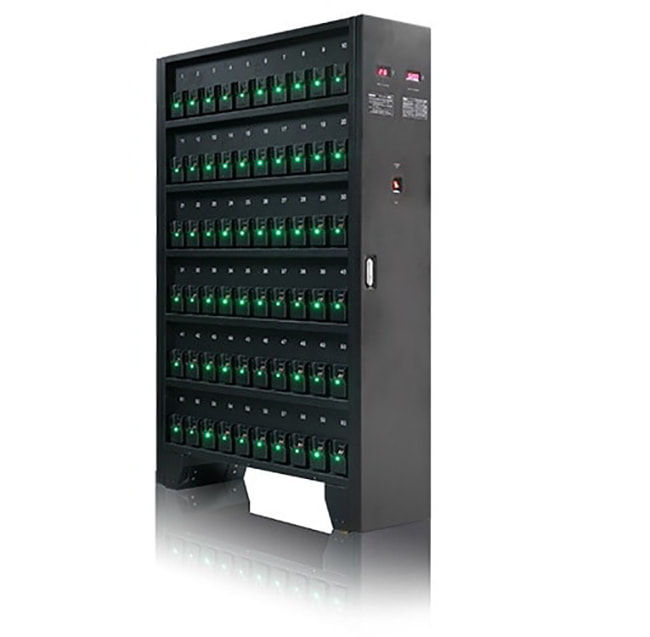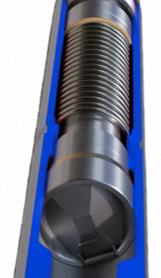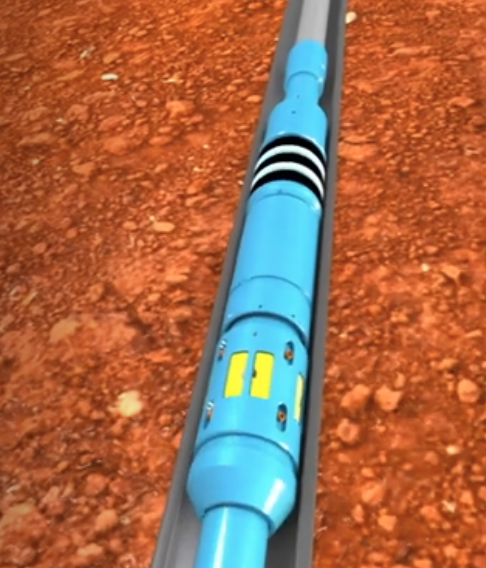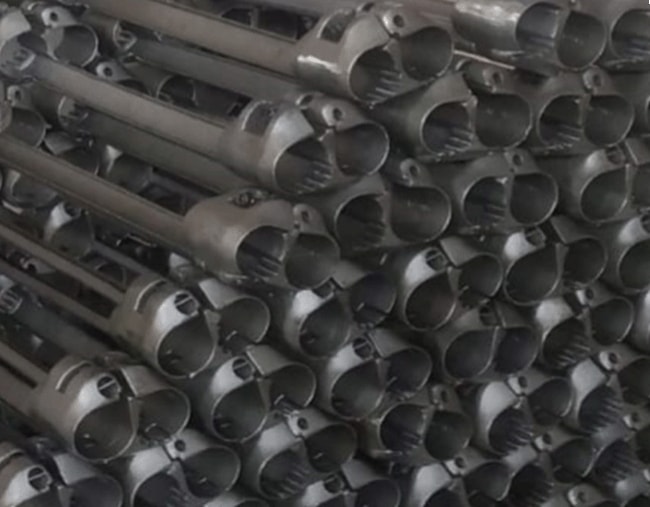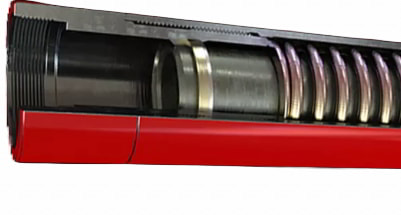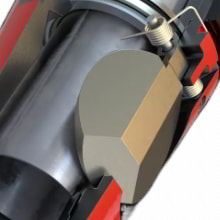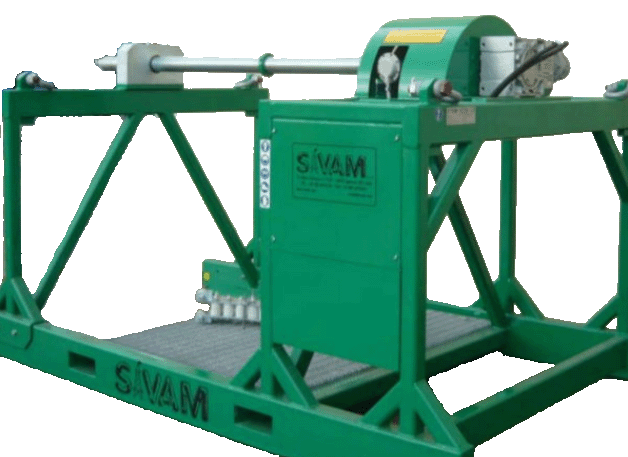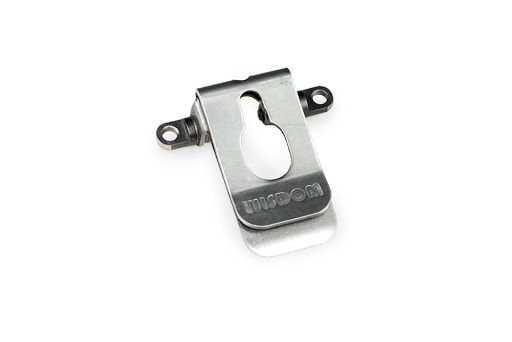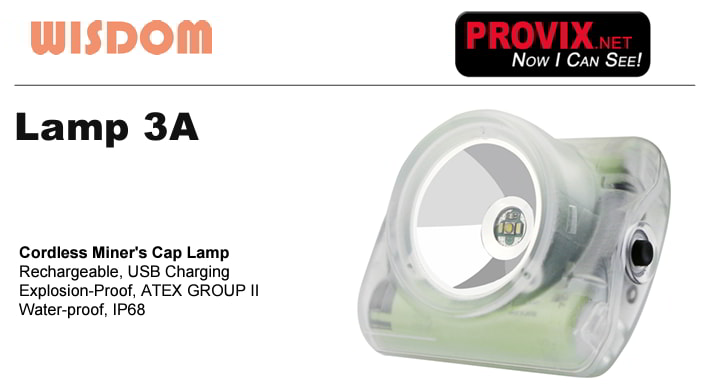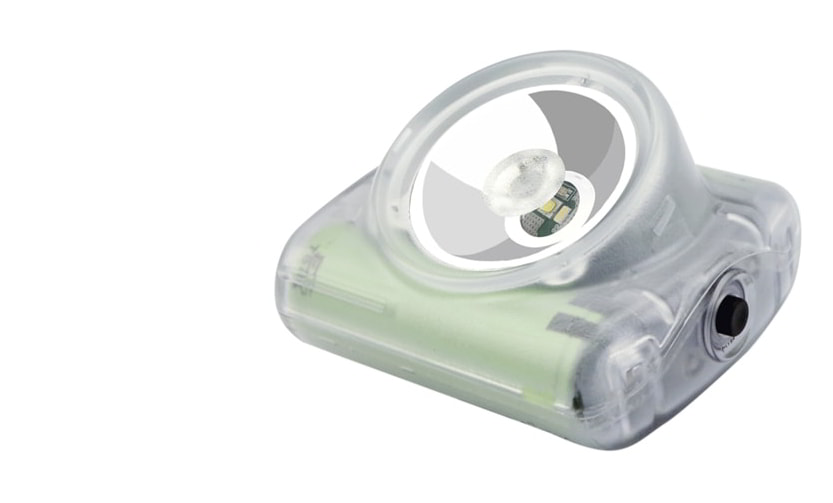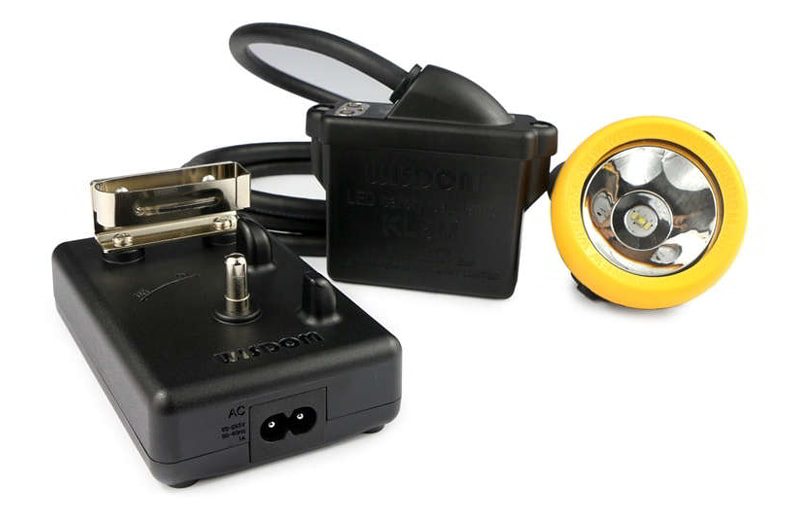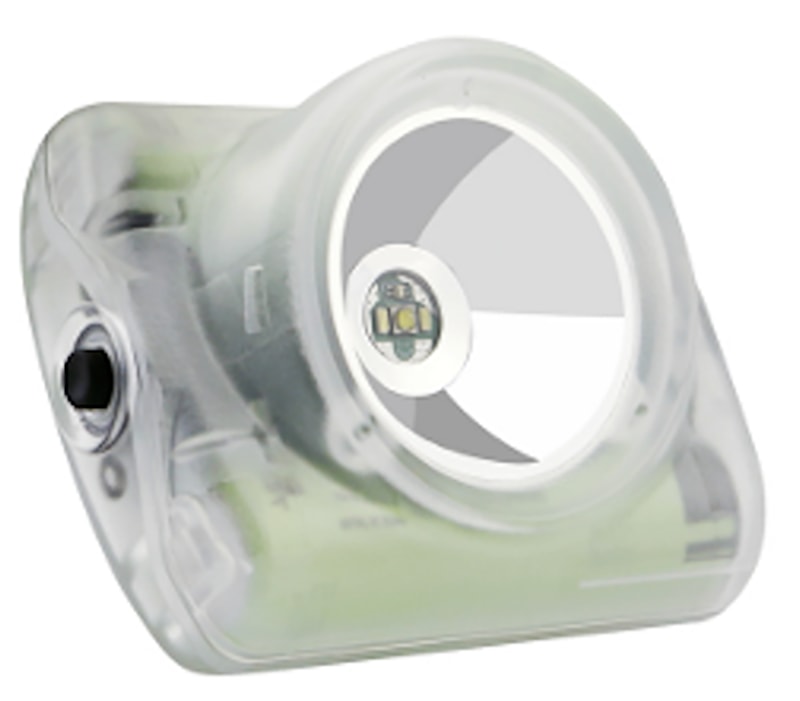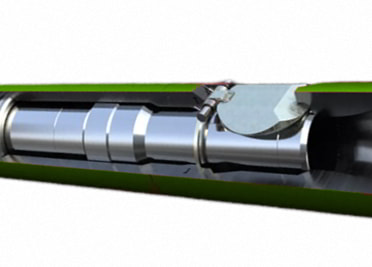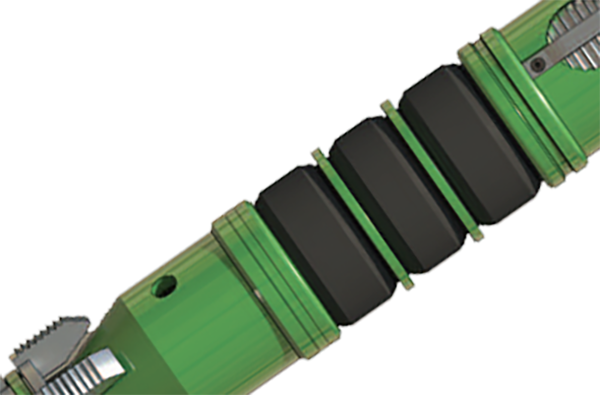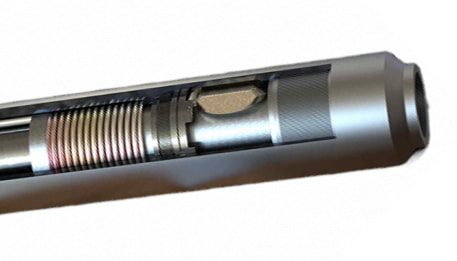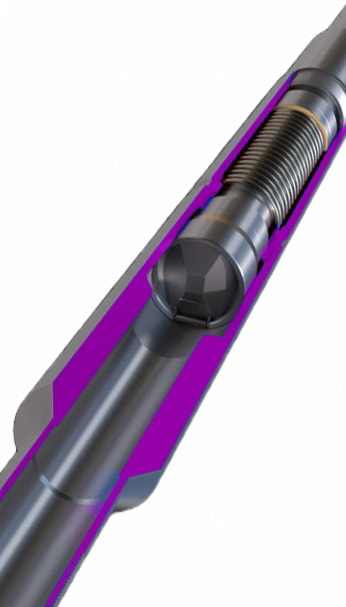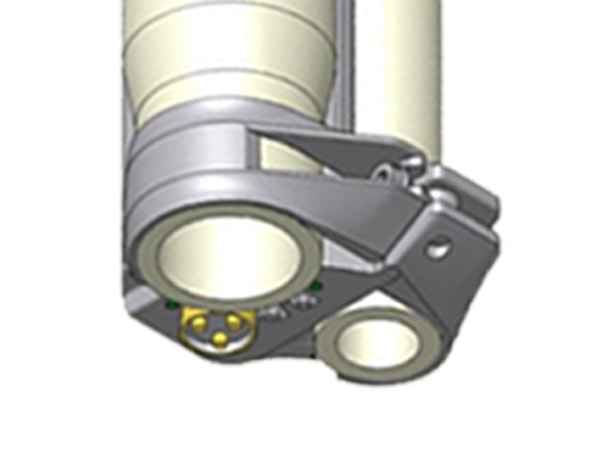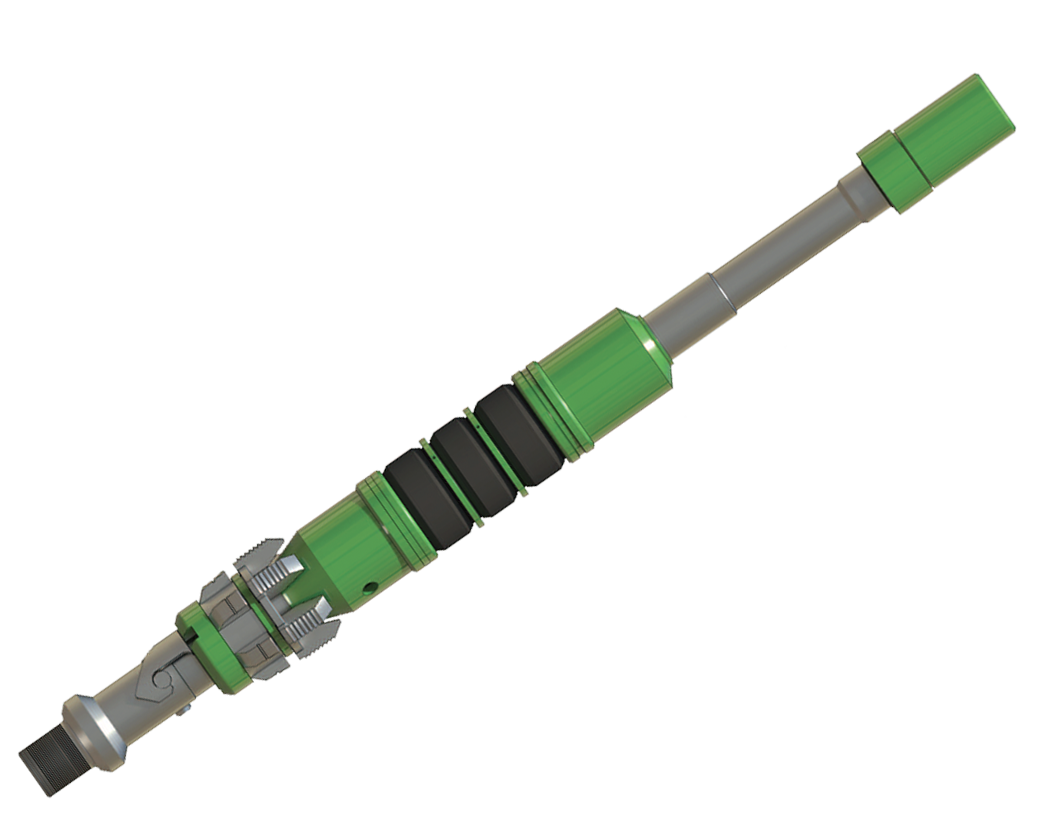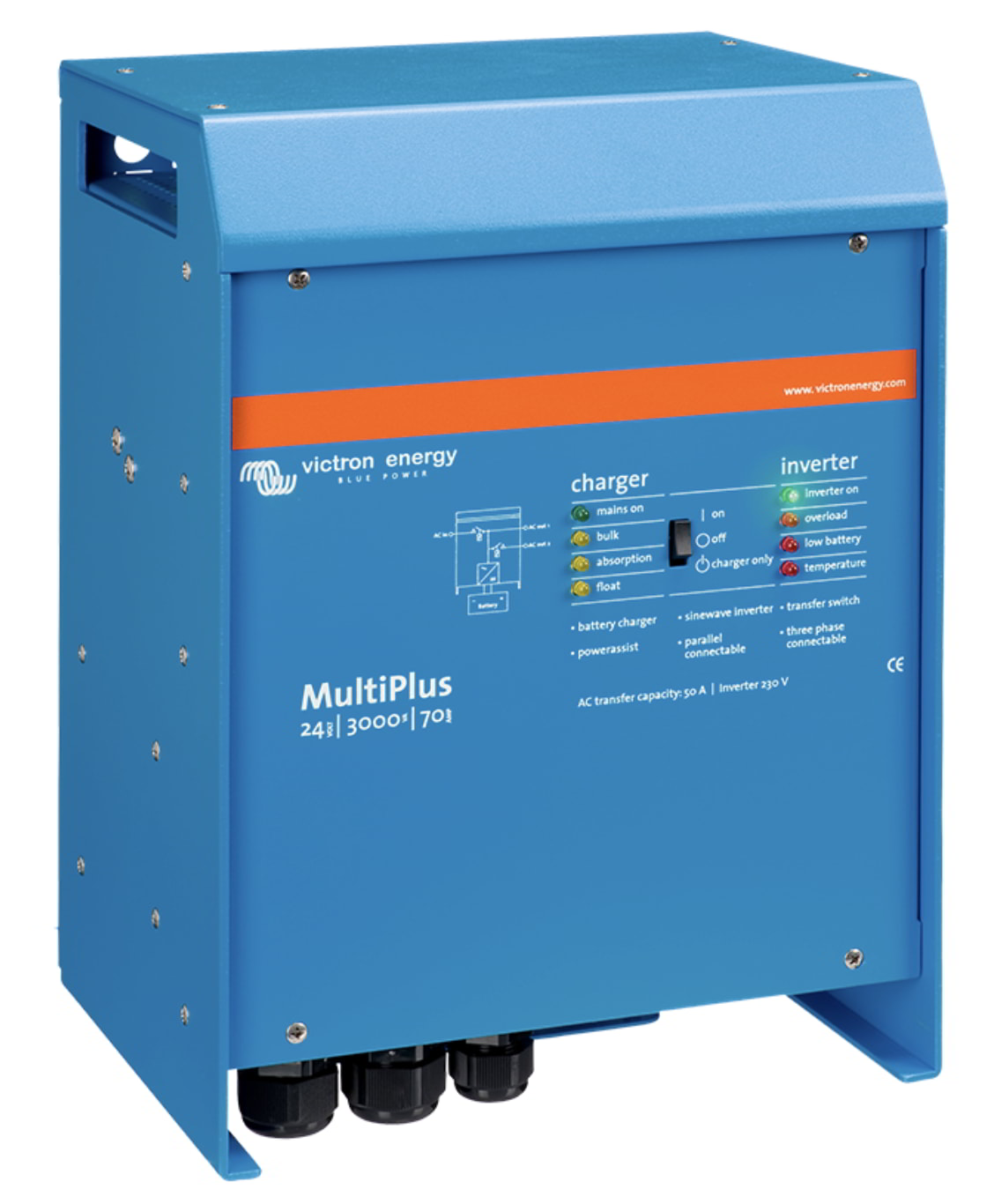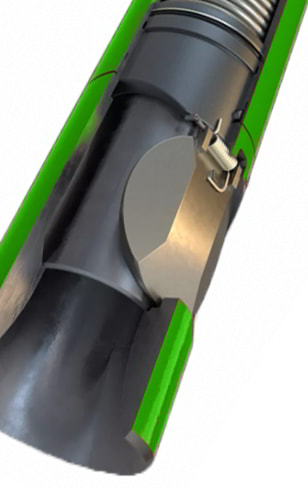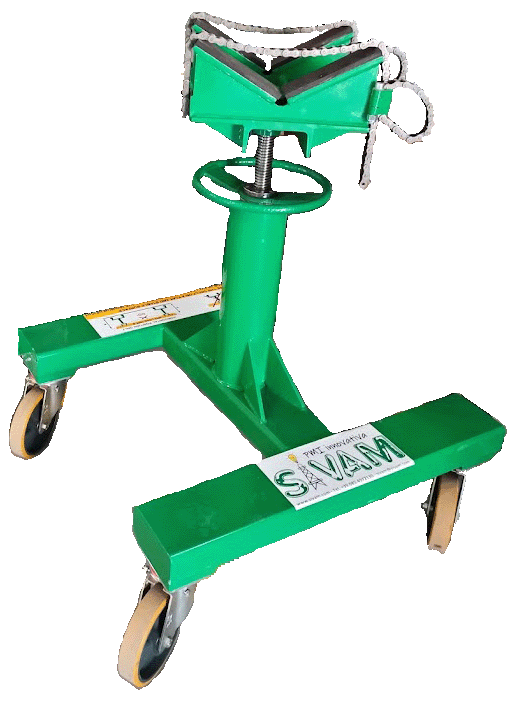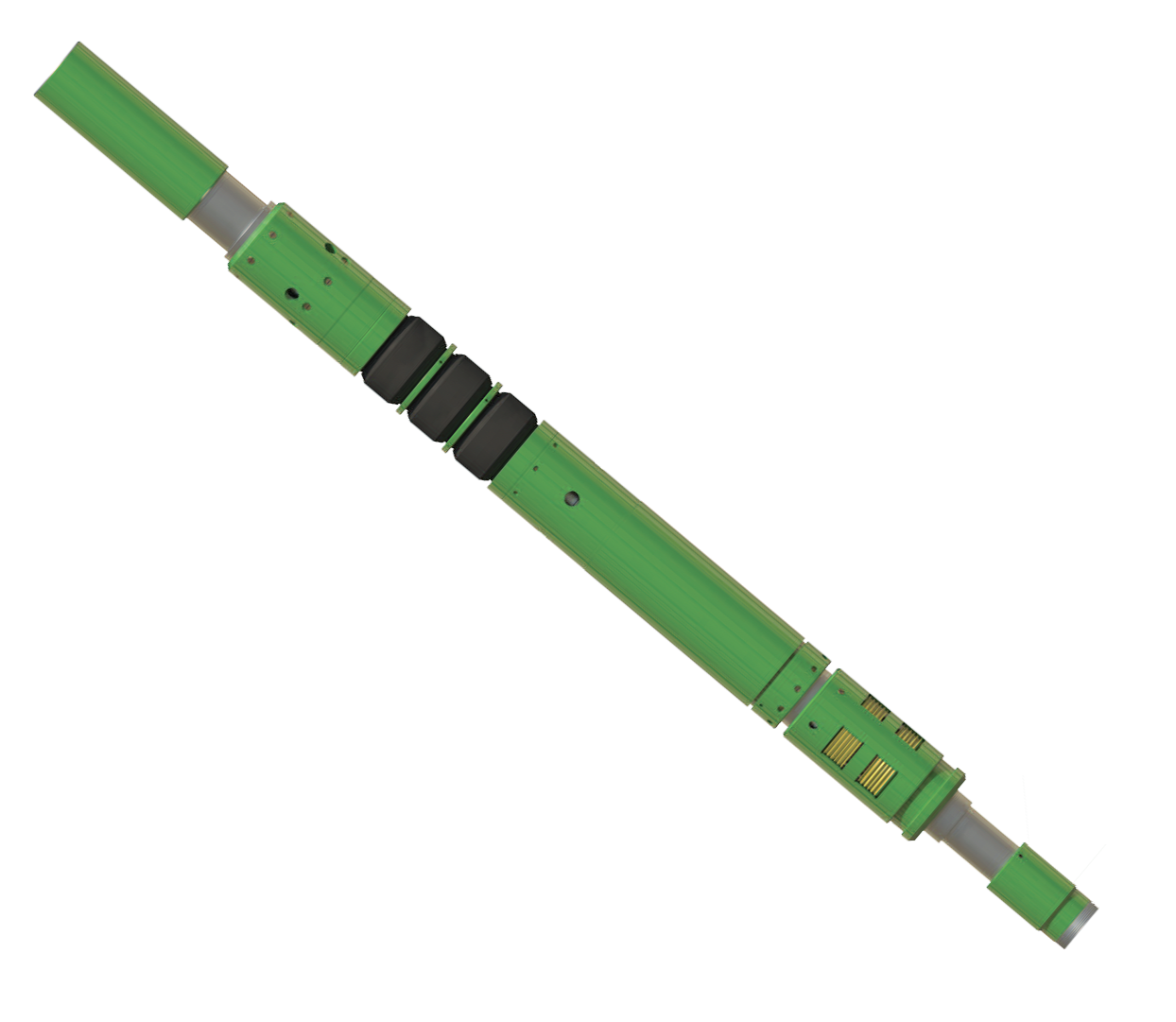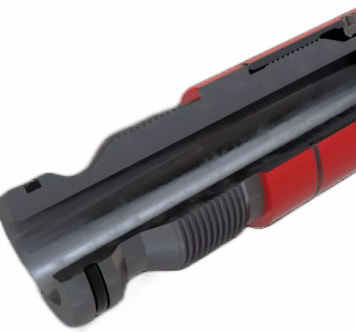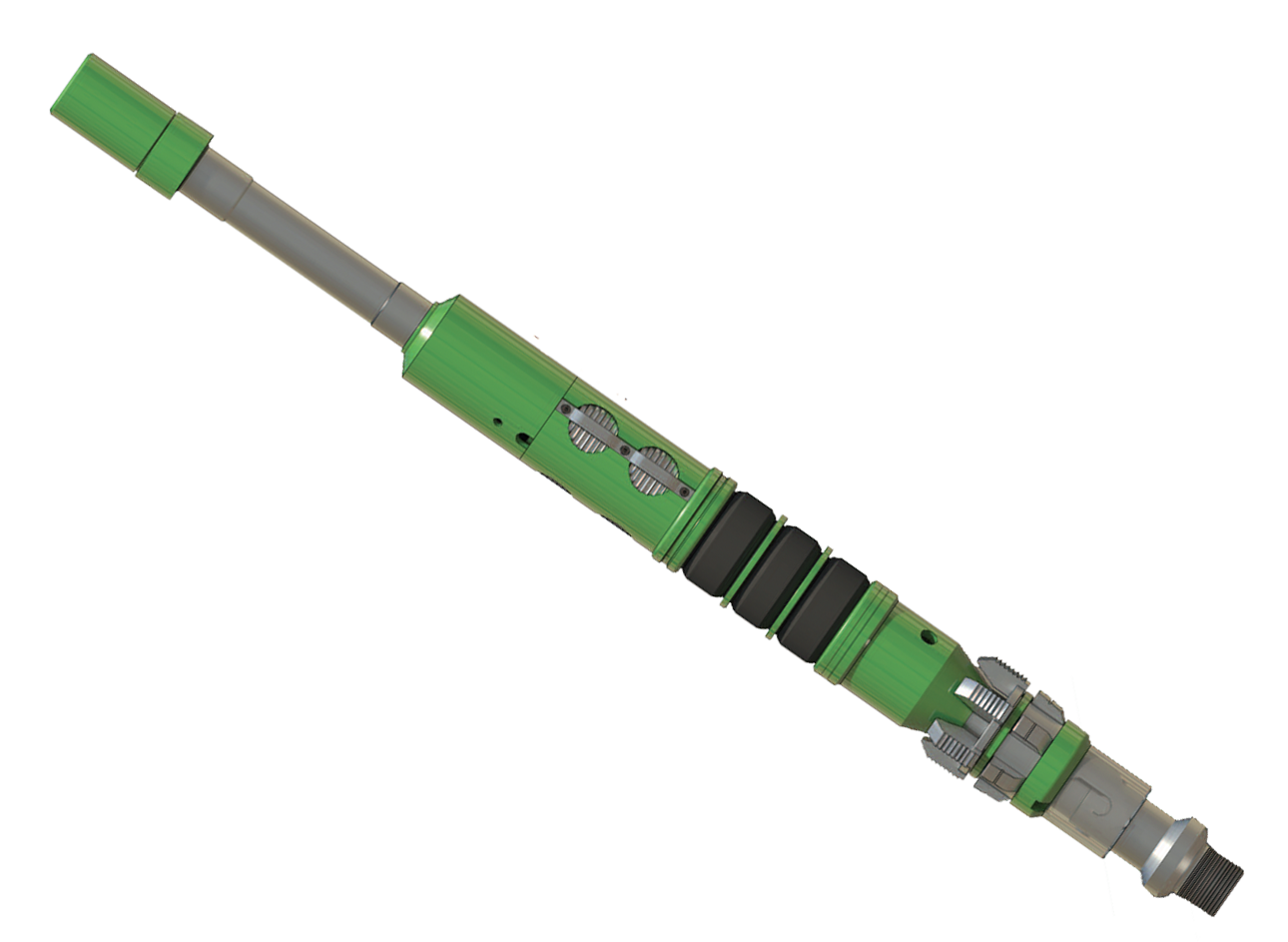Crossover for 3 1/2 inch JFE Bear to 2 3/8 inch Hydril 533 Tubing – Steel, High-Pressure Rated – API 5CT, API 7, ISO 9001, API Q1
Tubing Crossover for Premium Connections
Also known as:
X-Over, Spacer Pipe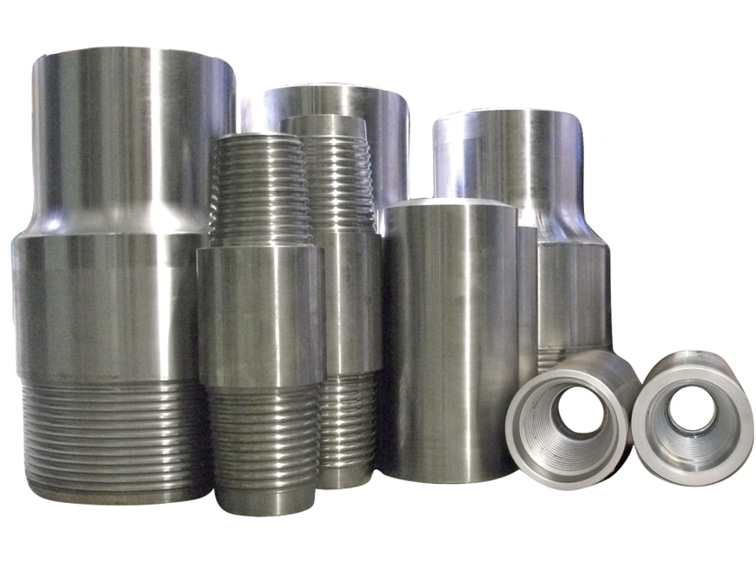
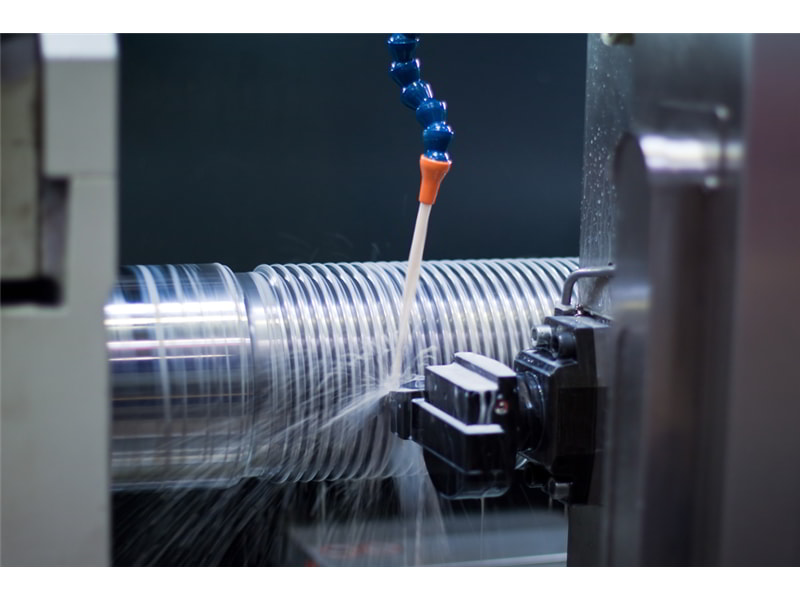
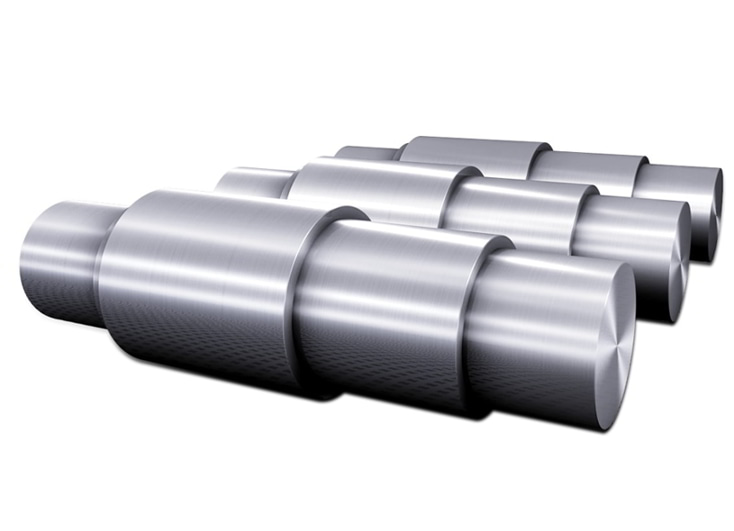
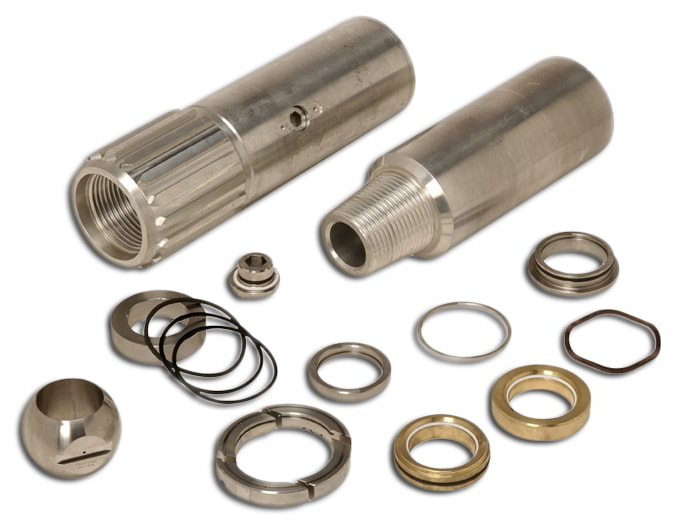

Crossover for 3 1/2 inch JFE Bear to 2 3/8 inch Hydril 533 Tubing – Steel, High-Pressure Rated – API 5CT, API 7, ISO 9001, API Q1
Tubing Crossover for Premium Connections
Also known as:
X-Over, Spacer PipeBuy
Made to Order
Manufacturer
Price:
Request for QuoteShipping:
Land freightDelivery Time:
2 - 4 WeeksNote:
Crossover tubing from 3 1/2 inch JFE Bear to 2 3/8 inch Hydril 533 is a one-piece connector that joins two different tubing sizes and thread types, ensuring a proper fit and seal between the connections.Sign in
Welcome back
Sign up
Sign-up and make easy contact all providers in the industry.
Let's create your free account
Executive Summary
Crossover Tubing is designed to connect 3 1/2 inch JFE Bear tubing to 2 3/8 inch Hydril 533 tubing. It is a single-piece connector that joins different tubing sizes and thread types, ensuring a secure fit and proper seal between components.
Designed and tested to withstand the toughest well conditions, this crossover is used in oil and gas operations to link tubing strings with premium connections. Made from high-quality steel and fully licensed to API standards, it provides reliable performance, simplifies assembly, and reduces the risk of leaks.
Technical Specifications
| From tubing | 3 1/2 inch JFE Bear |
| To tubing | 2 3/8 inch Hydril 533 |
| Type | One-piece tubular connector |
| Material | Steel |
| Licensing | API 5CT, API 7, ISO 9001, API Q1 |
| Weight | Less than 50 lbs |
| Seal Type | Metal-to-metal seal, 15° torque shoulder |
| Collapse Pressure | Up to 21,000 psi |
| Burst Pressure | Up to 20,500 psi |
| Torque Capacity | Up to 3,700 ft-lbs |
Features and Benefits
- Supports safe and efficient assembly of tubing strings.
- Negative load flank thread form and coupled design for full tensile efficiency.
- High load capacity on the larger tubing side.
- Allows safe transition between premium connection types.
- Lightweight and easy to handle.
Print or Share
Do you need information for the team or a client? Download these page to add your dossier.
Send an email with the link to this page. It's a great way to share information.
Detailed Description
Crossover Tubing from 3 1/2 inch JFE Bear to 2 3/8 inch Hydril 533 is a single-piece connector used to join two different types of tubing in oil and gas wells. It allows a larger 3 1/2 inch JFE Bear tubing to be connected to a smaller 2 3/8 inch Hydril 533 tubing, enabling a safe and reliable transition between tubing strings of different sizes and connection types.
The JFE Bear connection is used on the larger tubing because it is designed to handle high loads, with metal-to-metal sealing and a 15° internal torque shoulder that ensures a secure, leak-resistant joint under high pressure or tension. Its negative load flank thread and coupled design provide full tensile efficiency, which is important for tubing that must carry the maximum expected loads in the well.
The Hydril 533 connection is commonly used on smaller tubing because it provides a strong, reliable seal in a compact design. By combining these two connections, operators can safely link tubing strings with different performance characteristics: the JFE Bear provides strength where it is needed most, and the Hydril 533 ensures a consistent, leak-resistant connection on the smaller section.
The crossover tubing is made from seamless steel and is fully licensed to API standards (API 5CT, API 7, ISO 9001, API Q1). It is designed and tested to withstand high pressures and torque, ensuring reliability during installation and operation.
The combination of JFE Bear and Hydril 533 connections is chosen to take advantage of the strengths of each type. JFE Bear is used on the larger tubing because it provides high load capacity, metal-to-metal sealing, and full tensile efficiency. Hydril 533 is used on the smaller tubing because it maintains a reliable seal and resists torque and pressure in a compact design. Together, they allow tubing strings of different sizes and performance characteristics to be joined safely and efficiently, ensuring both strength and leak protection throughout the connection.
Engineering Data
